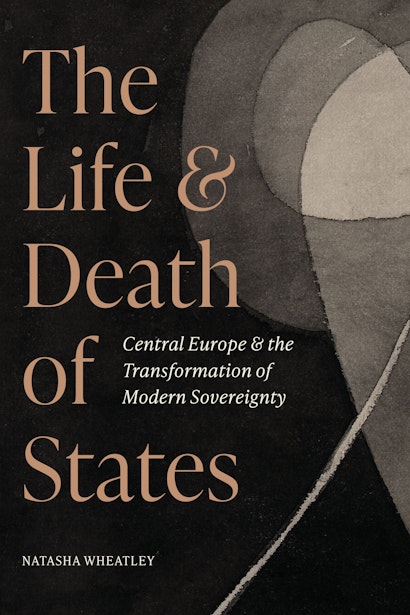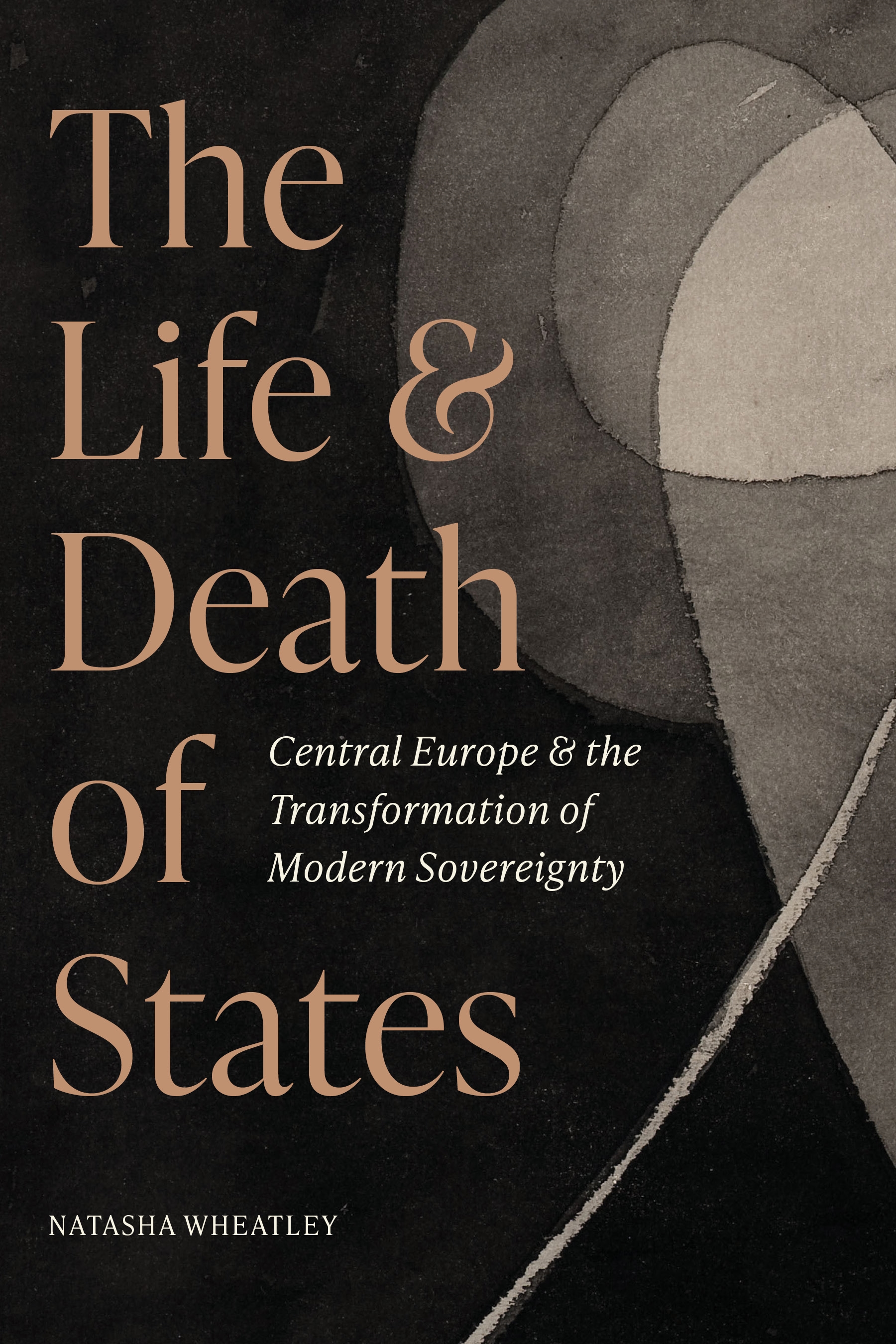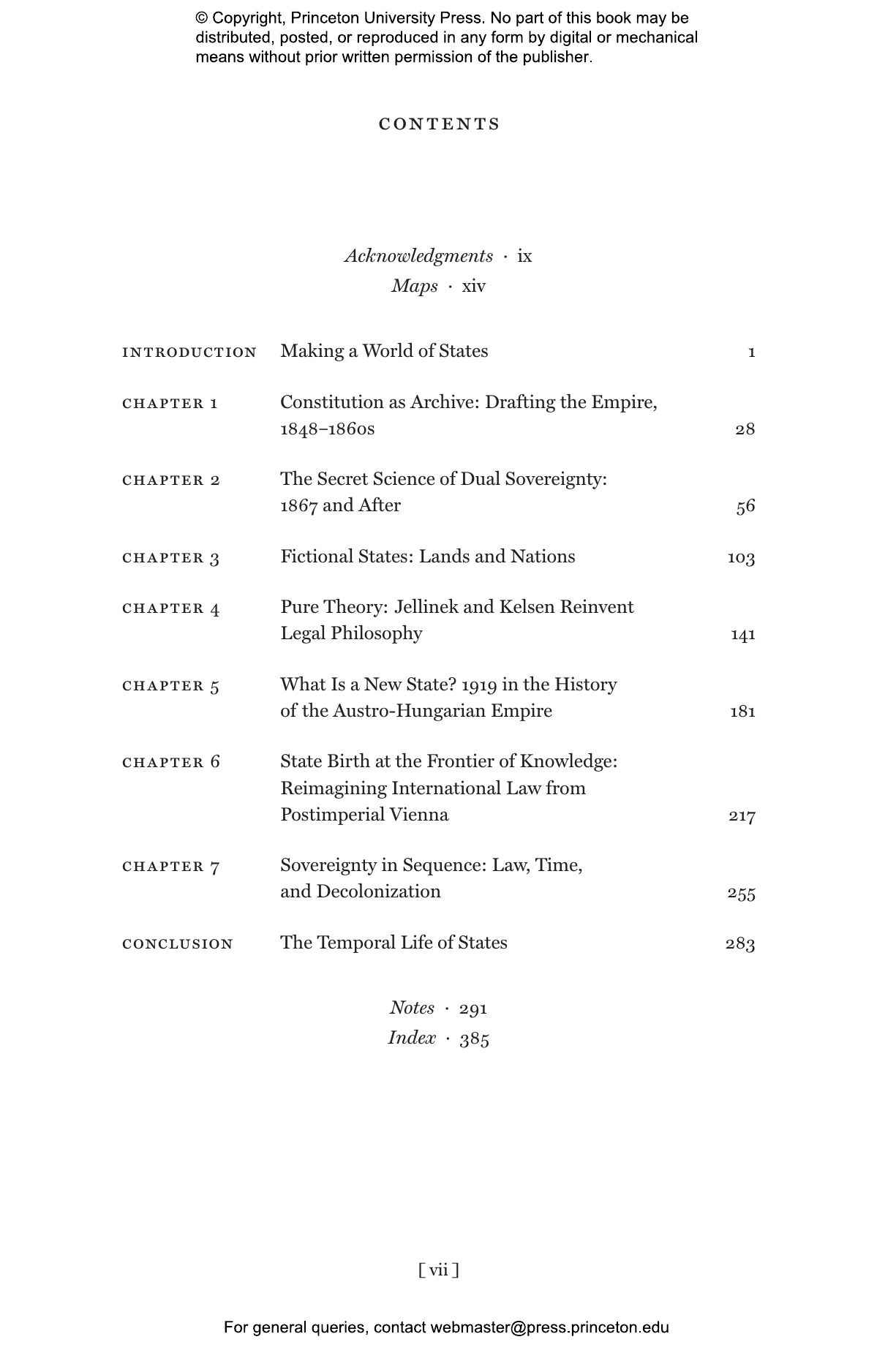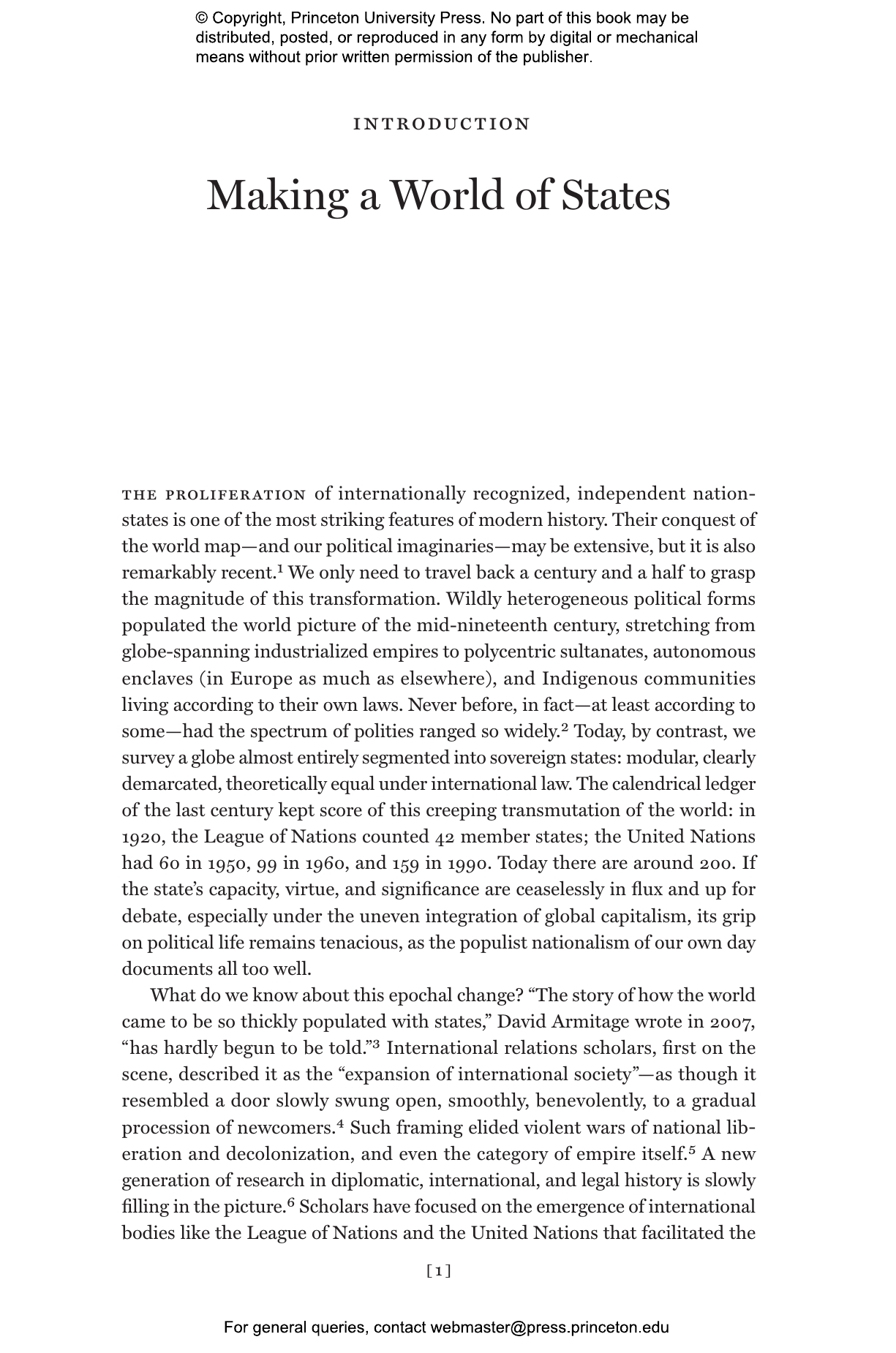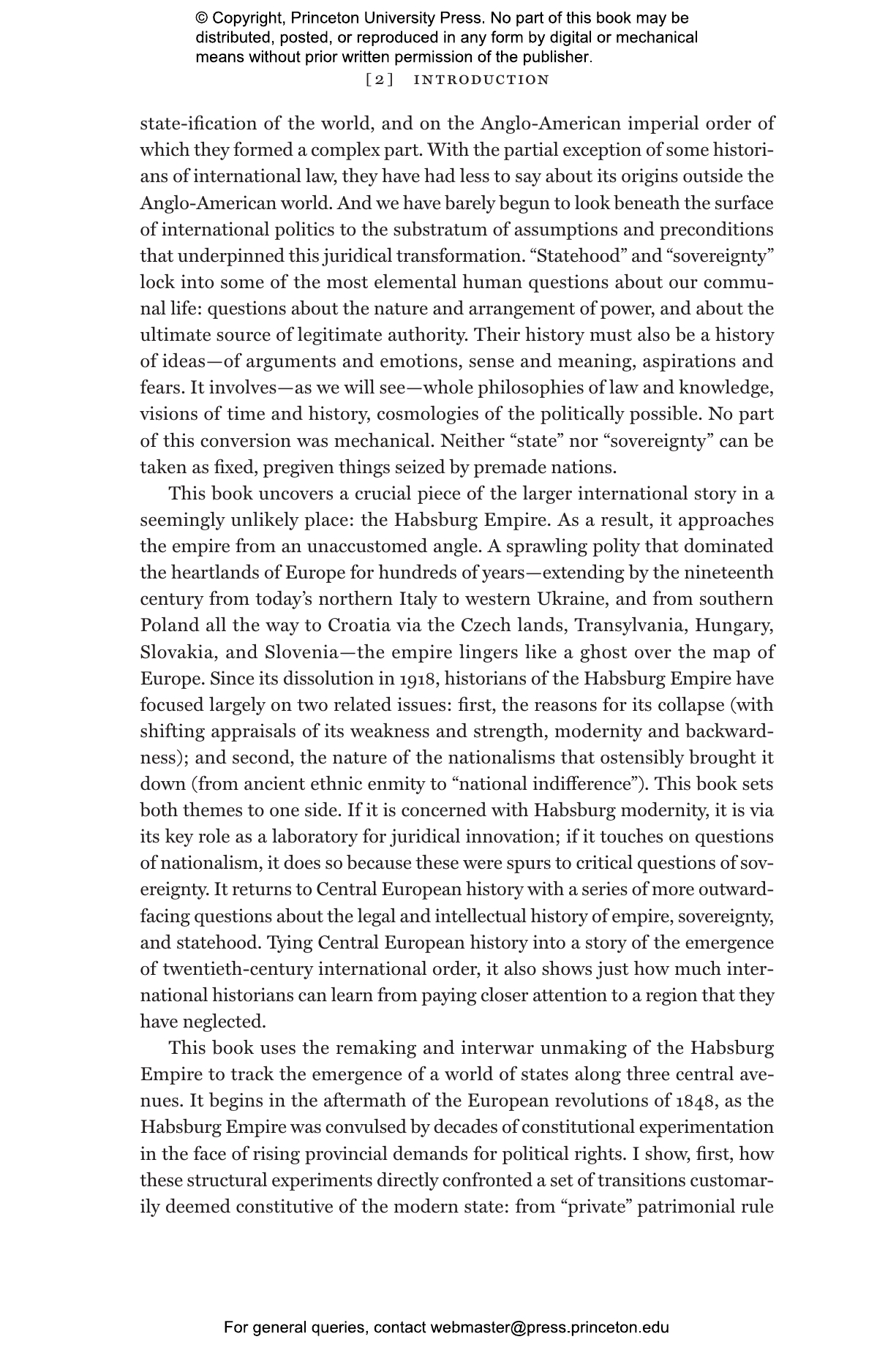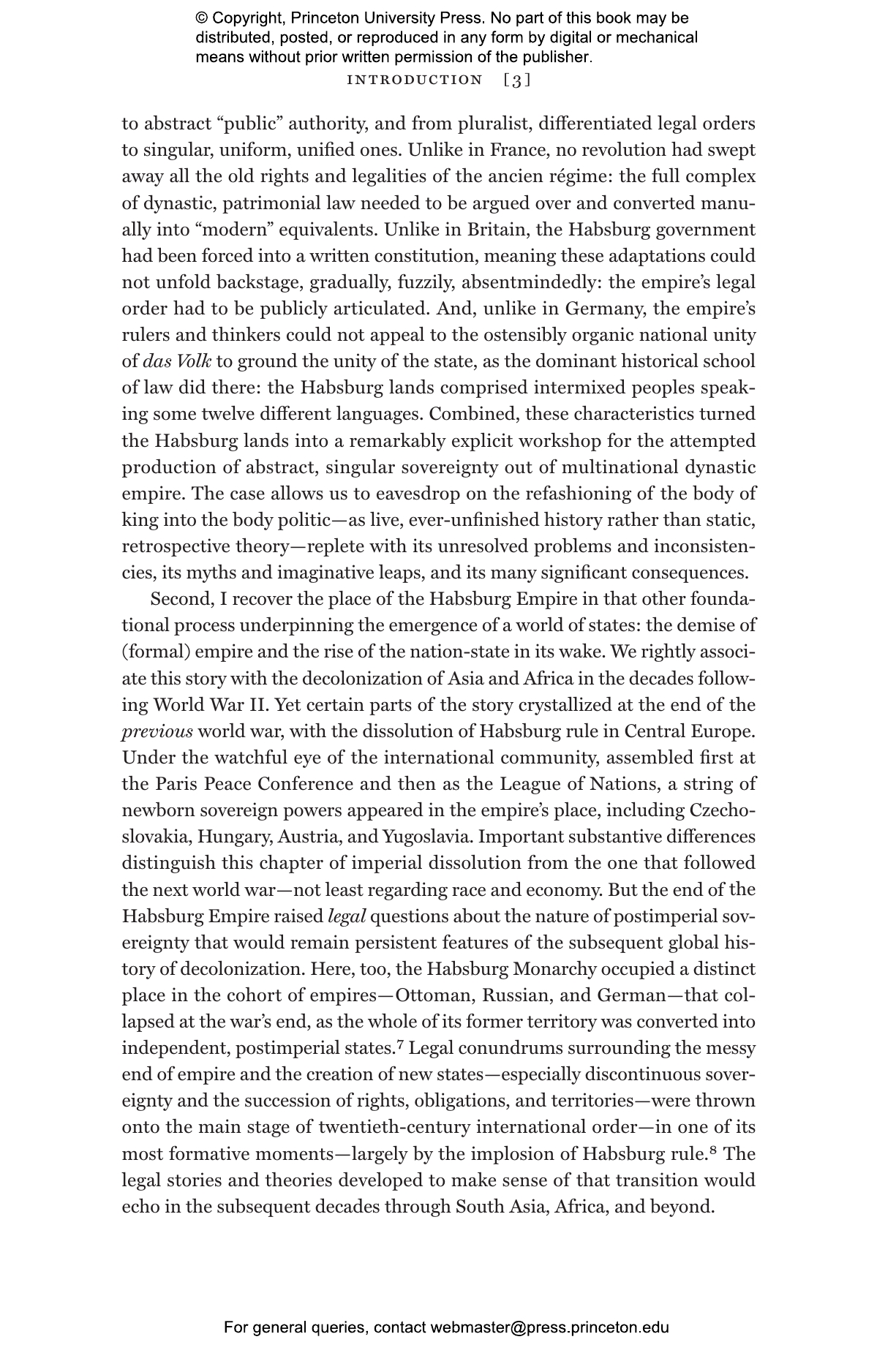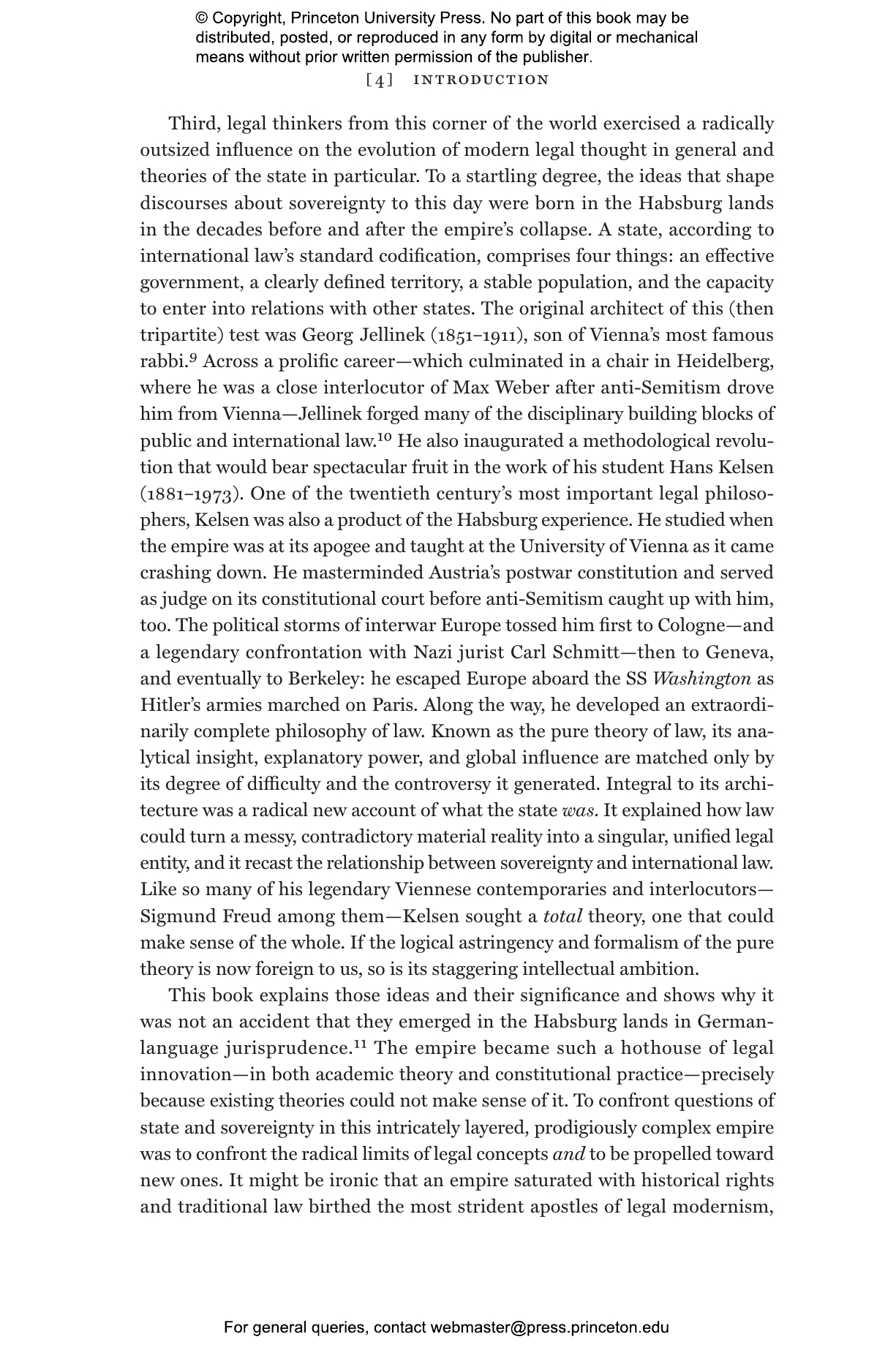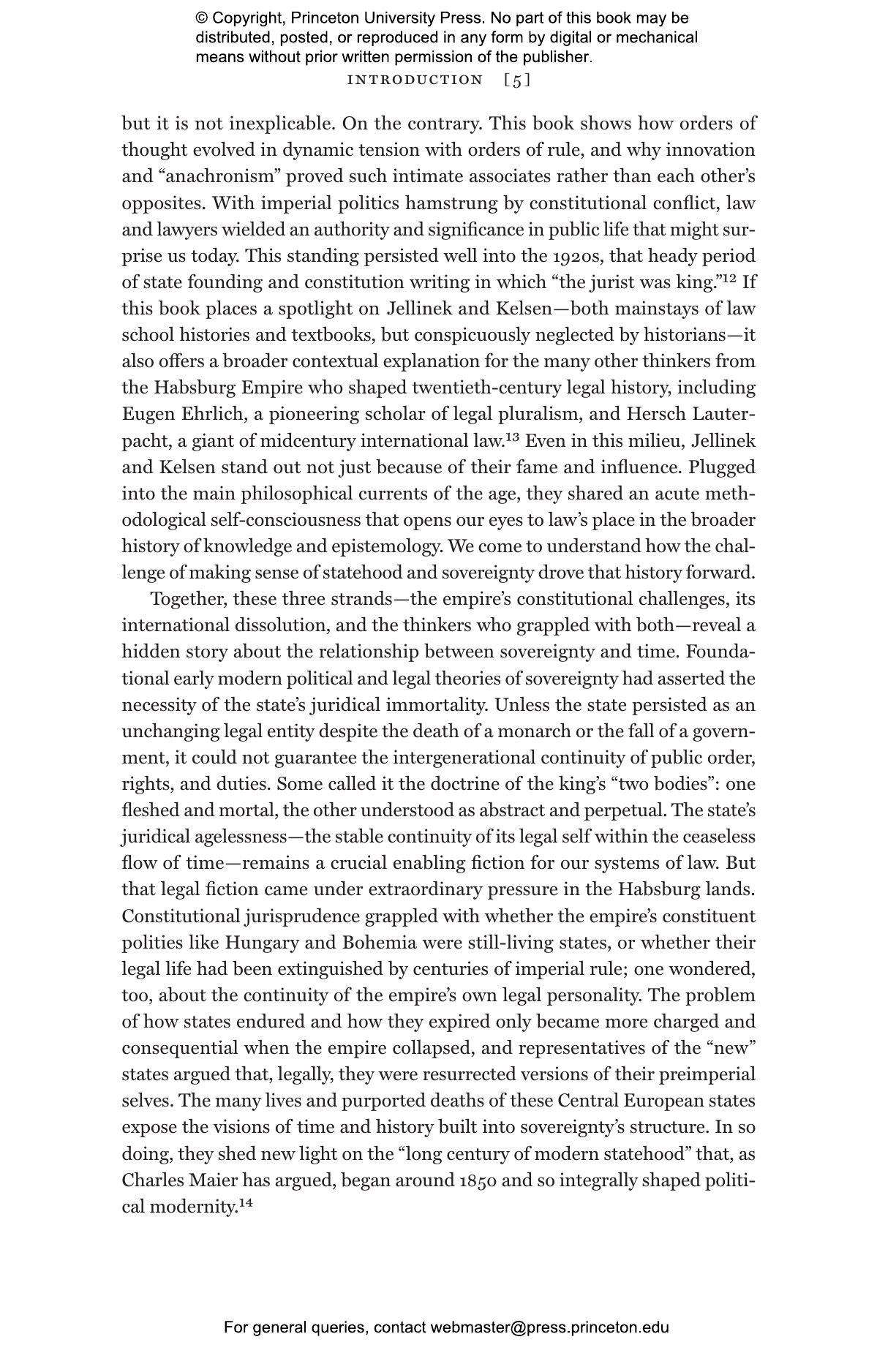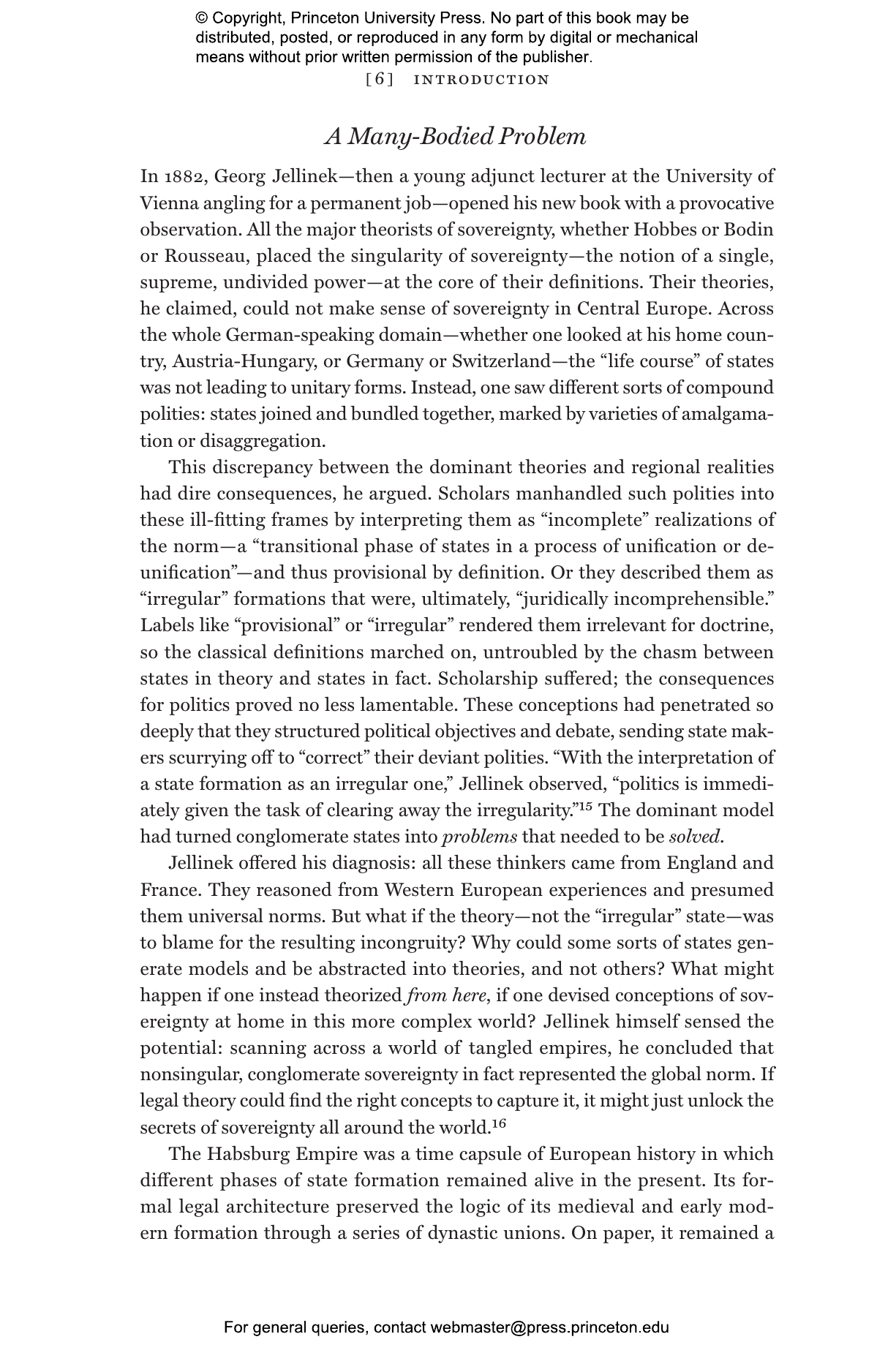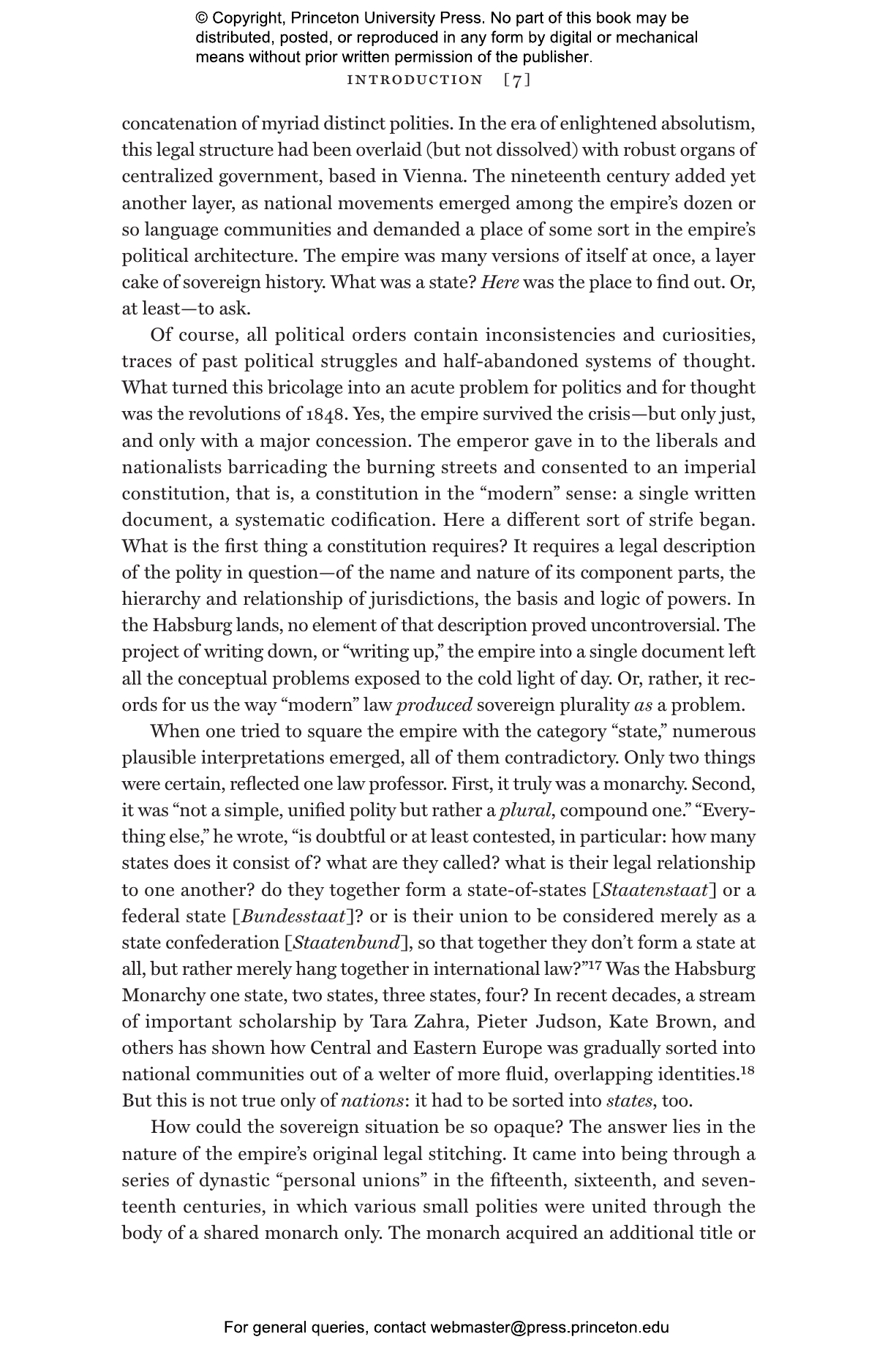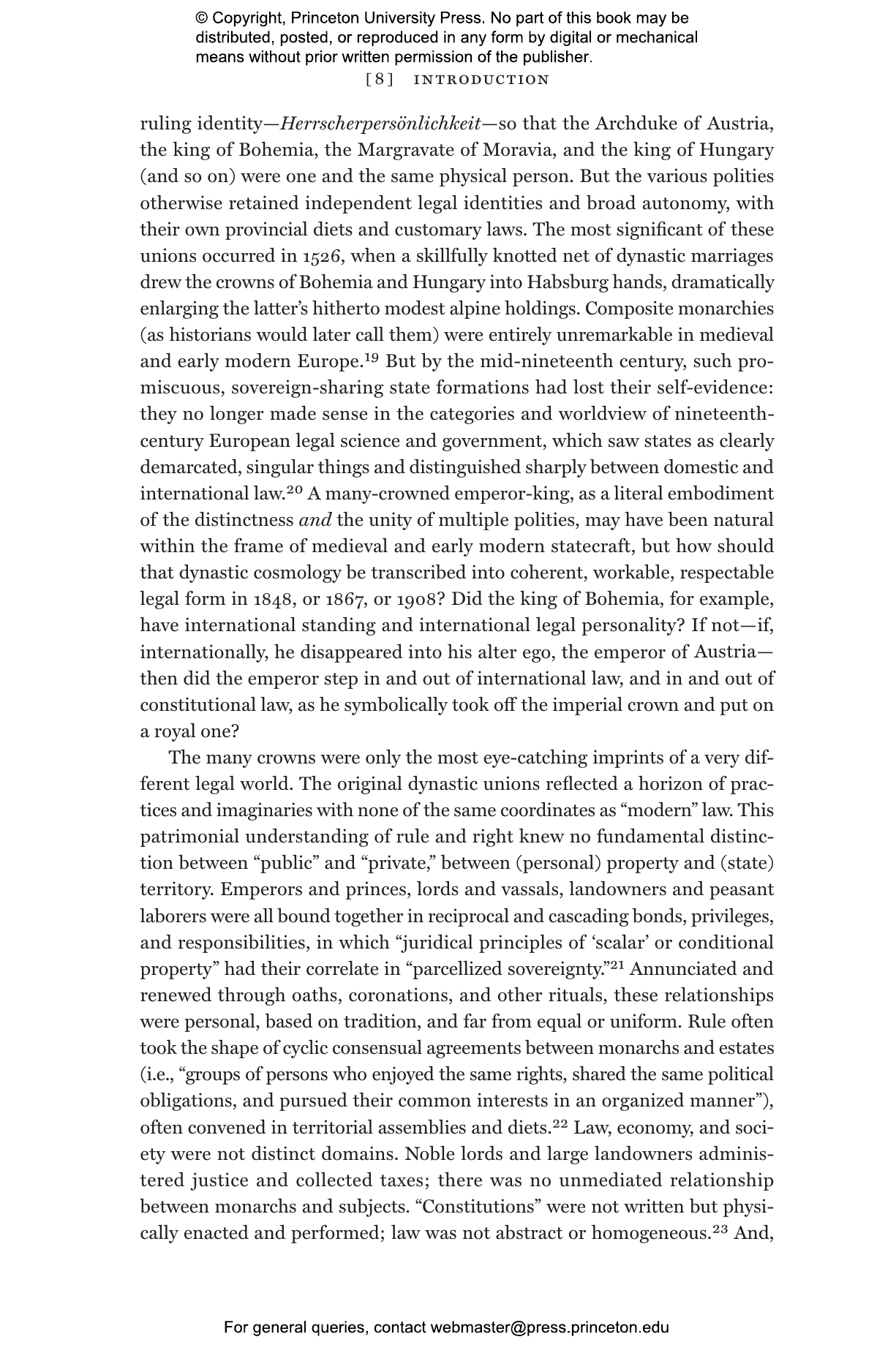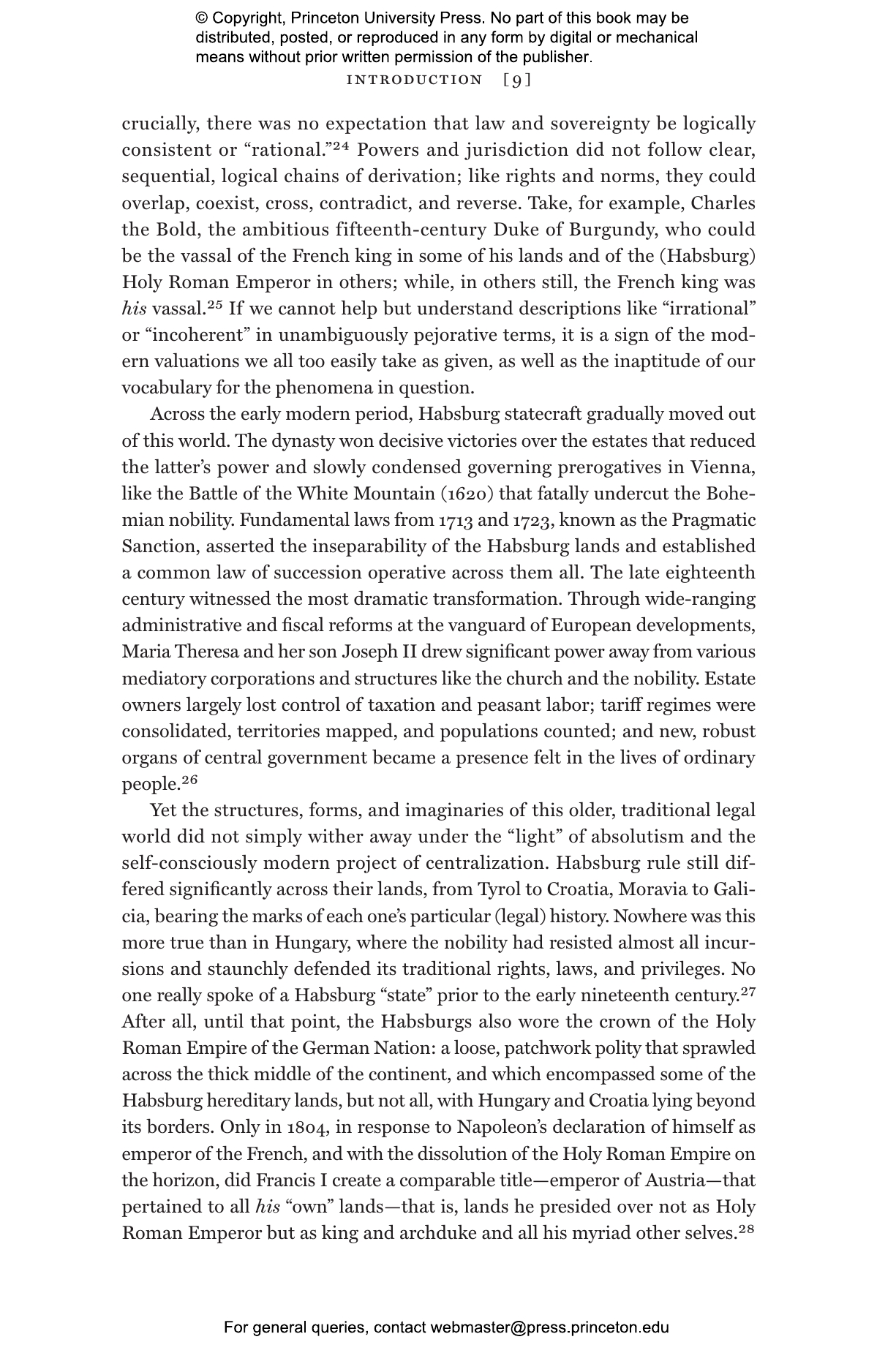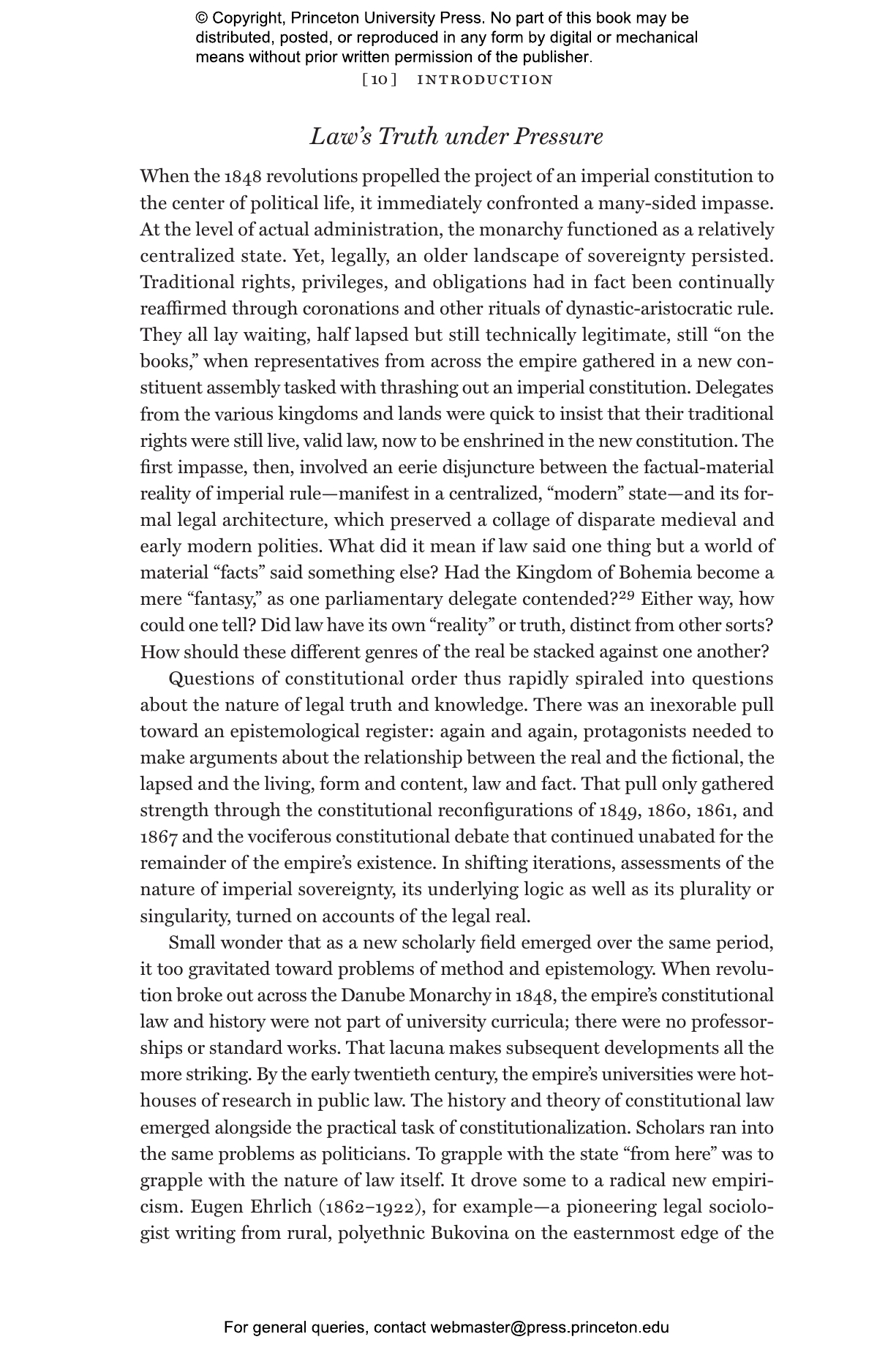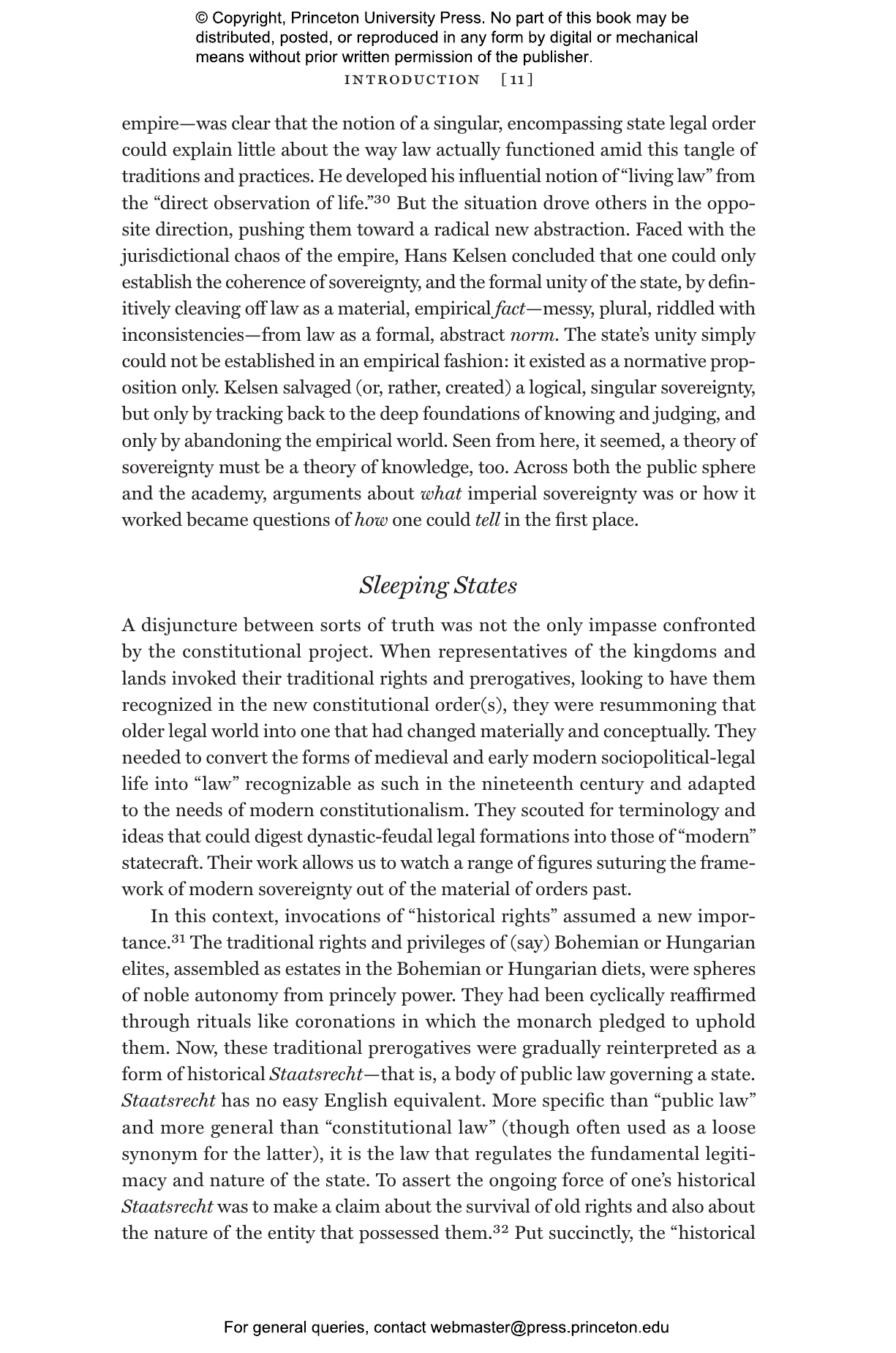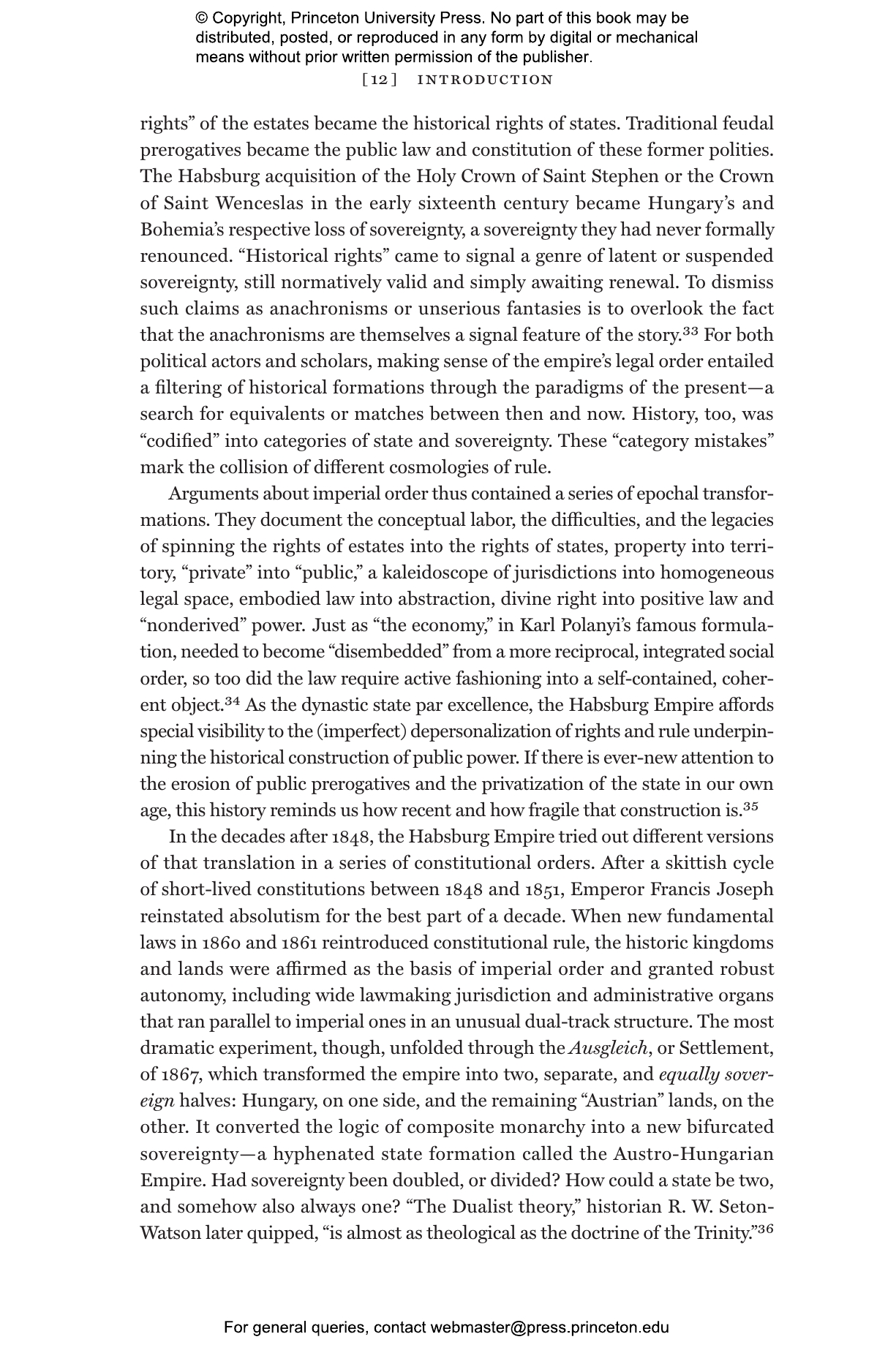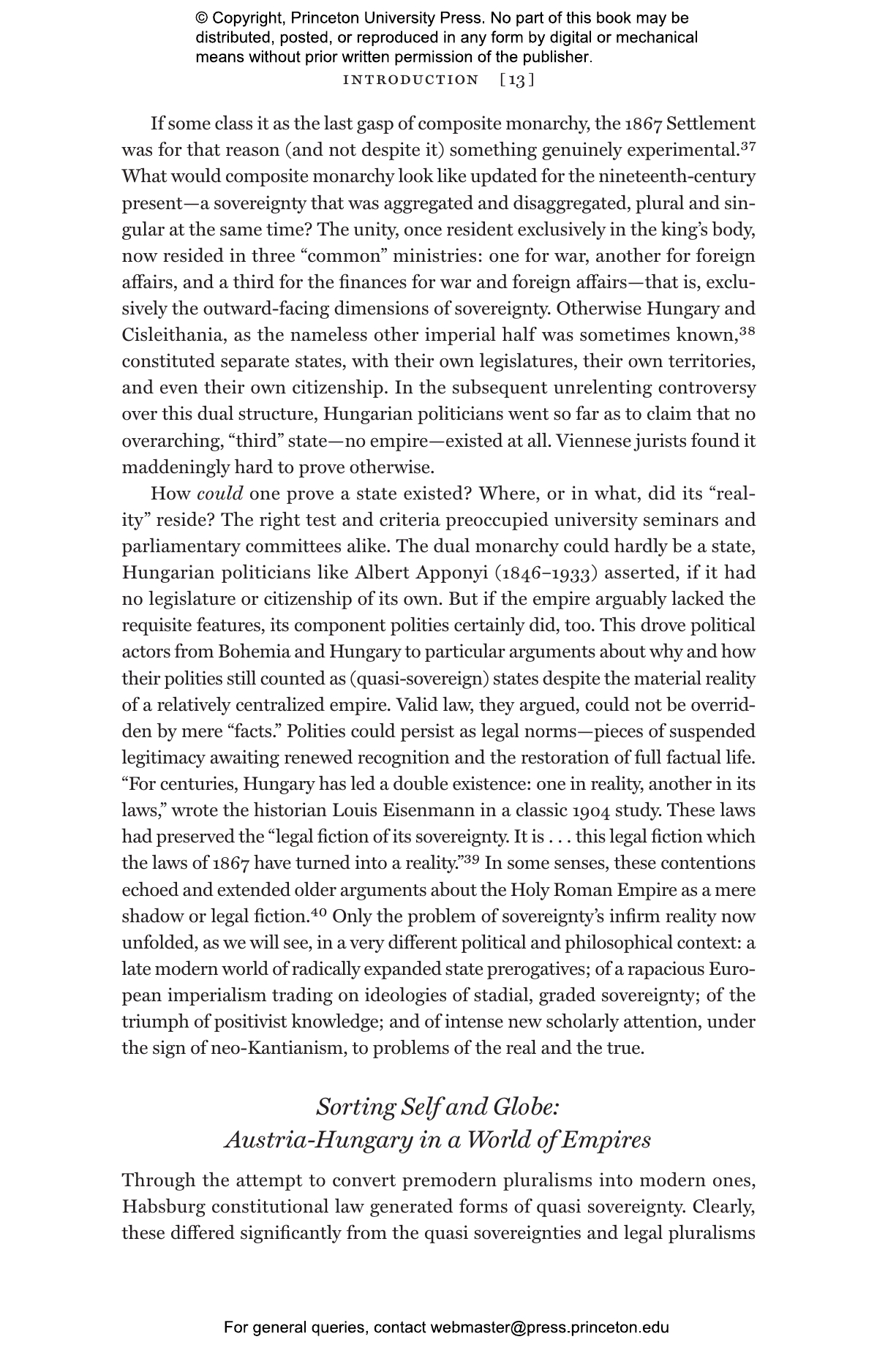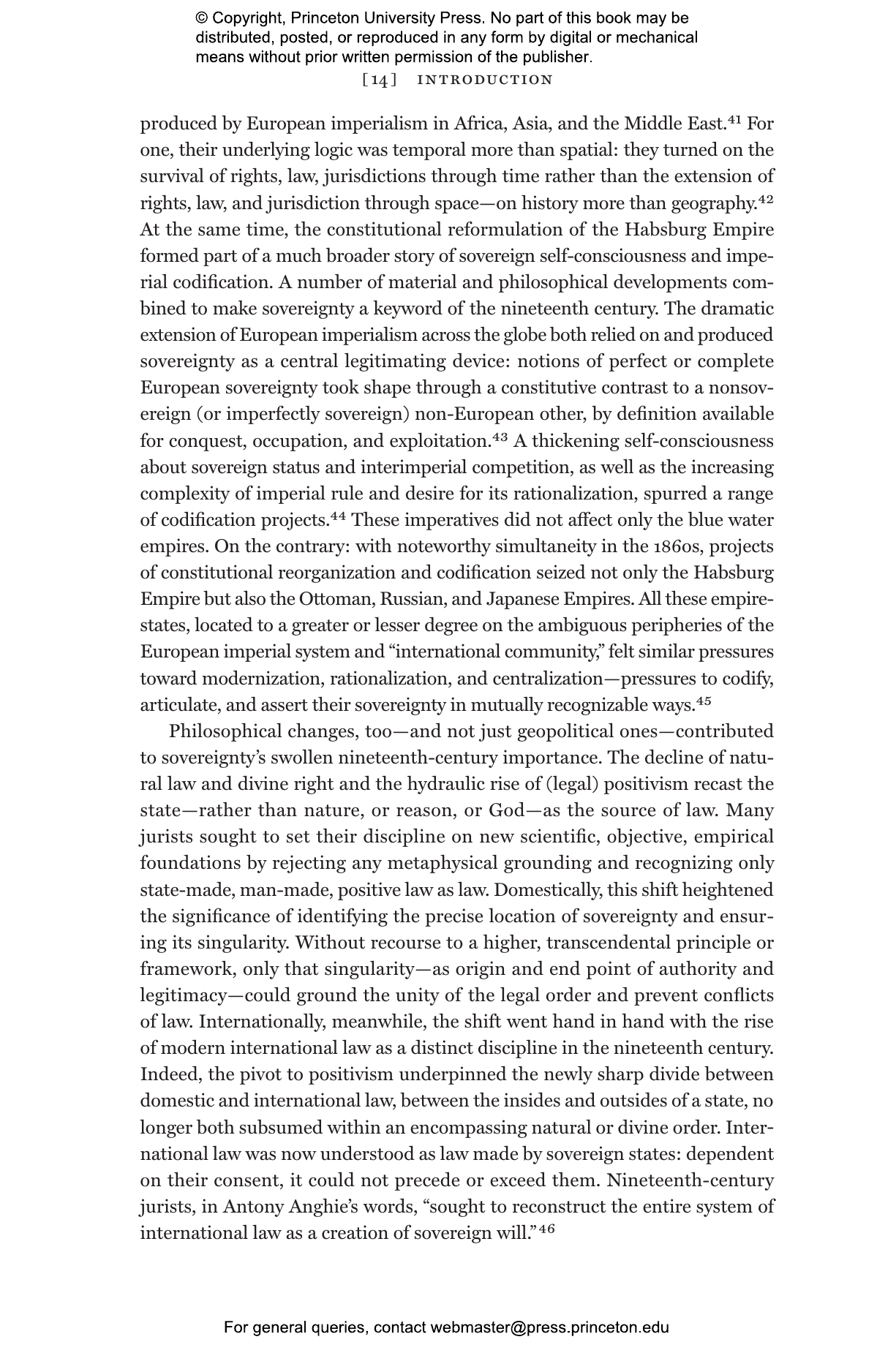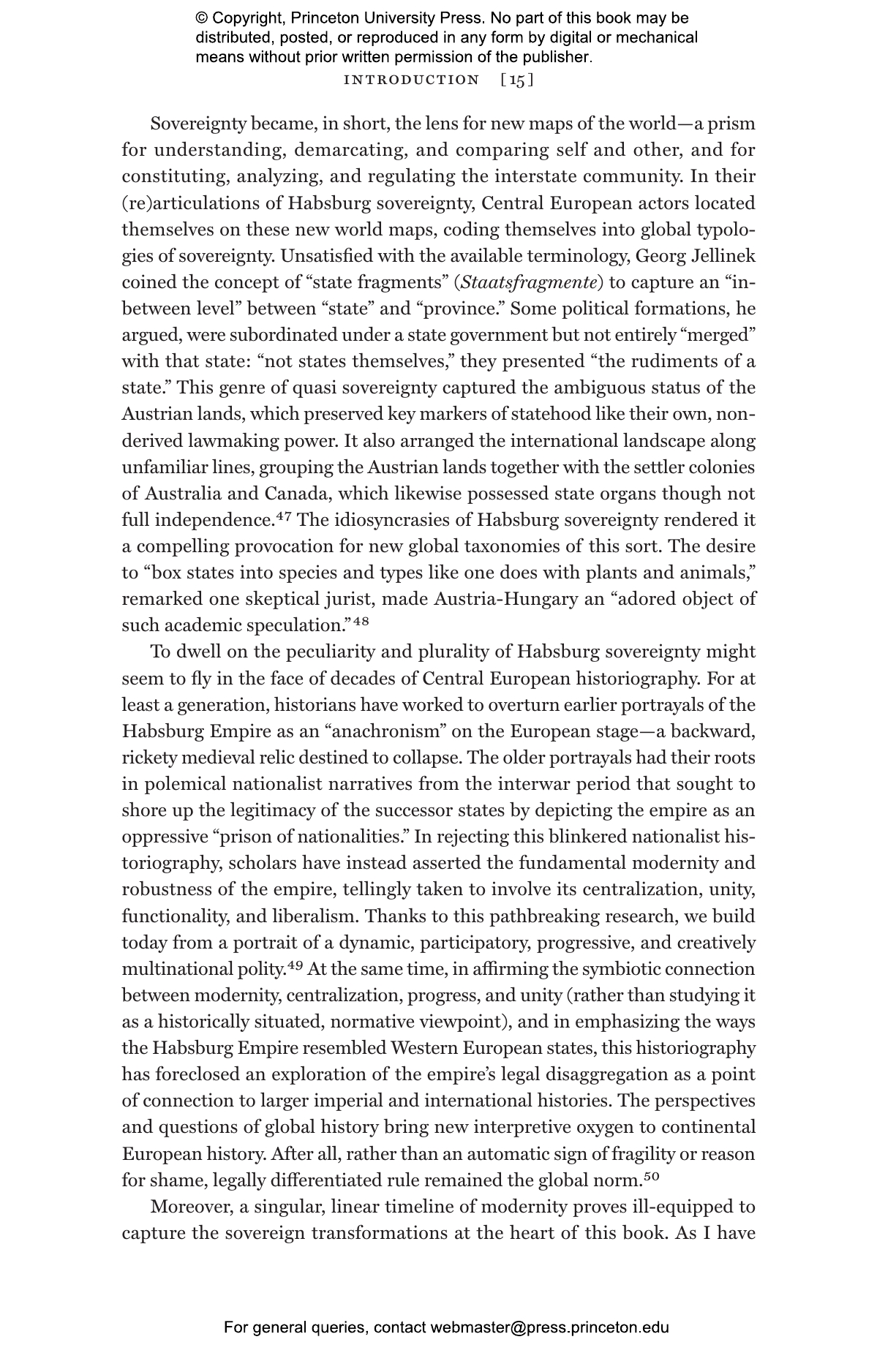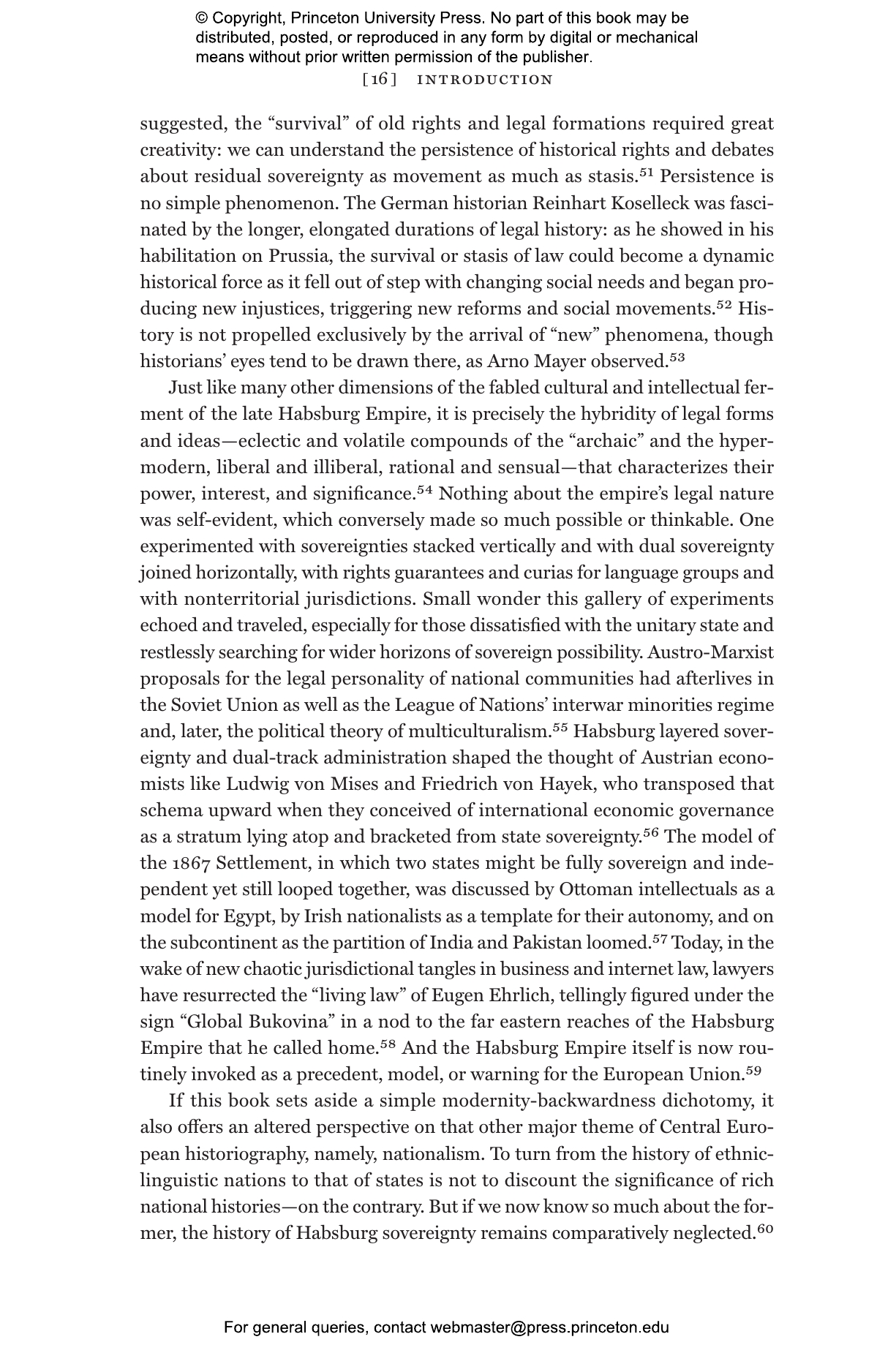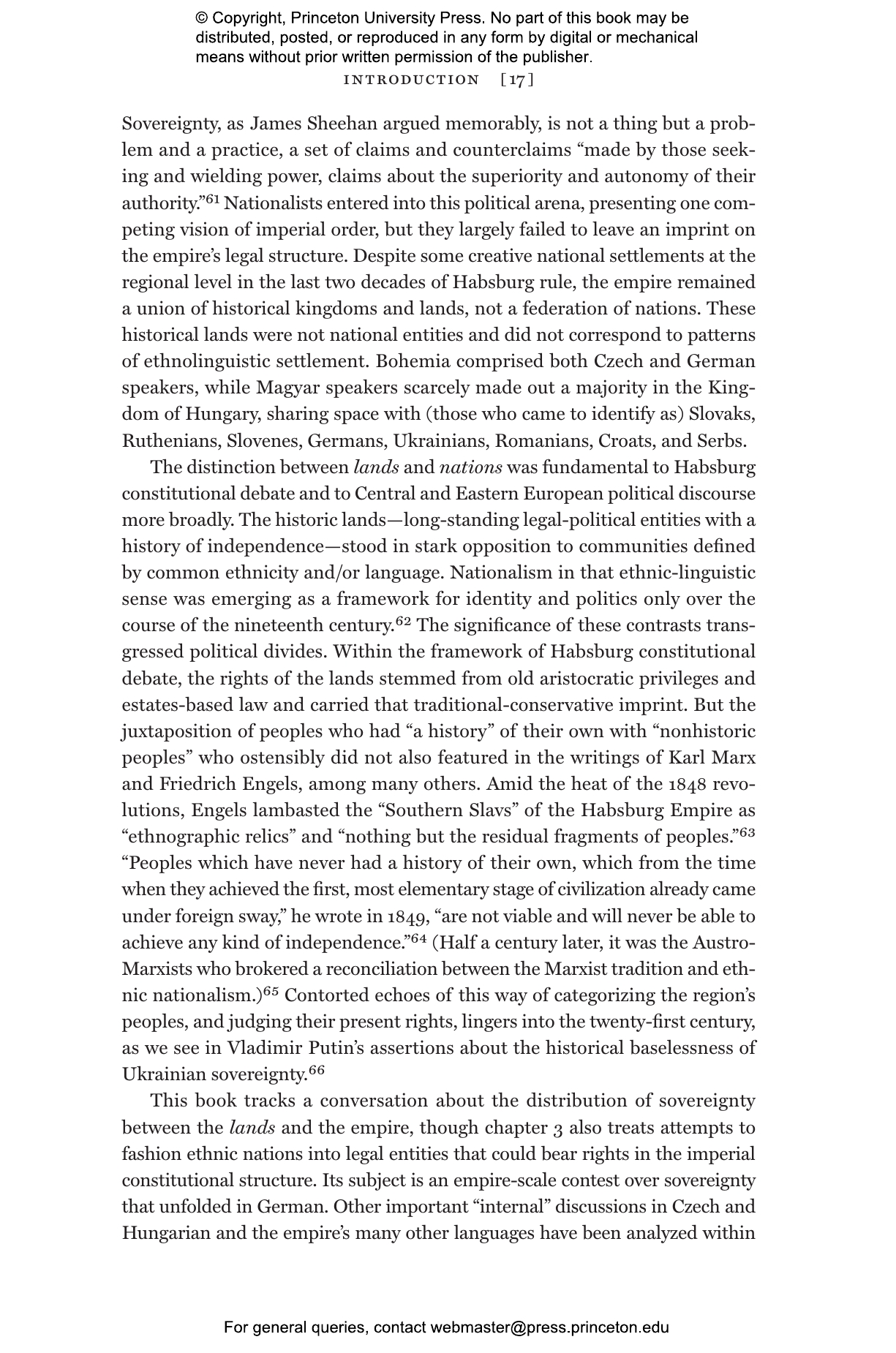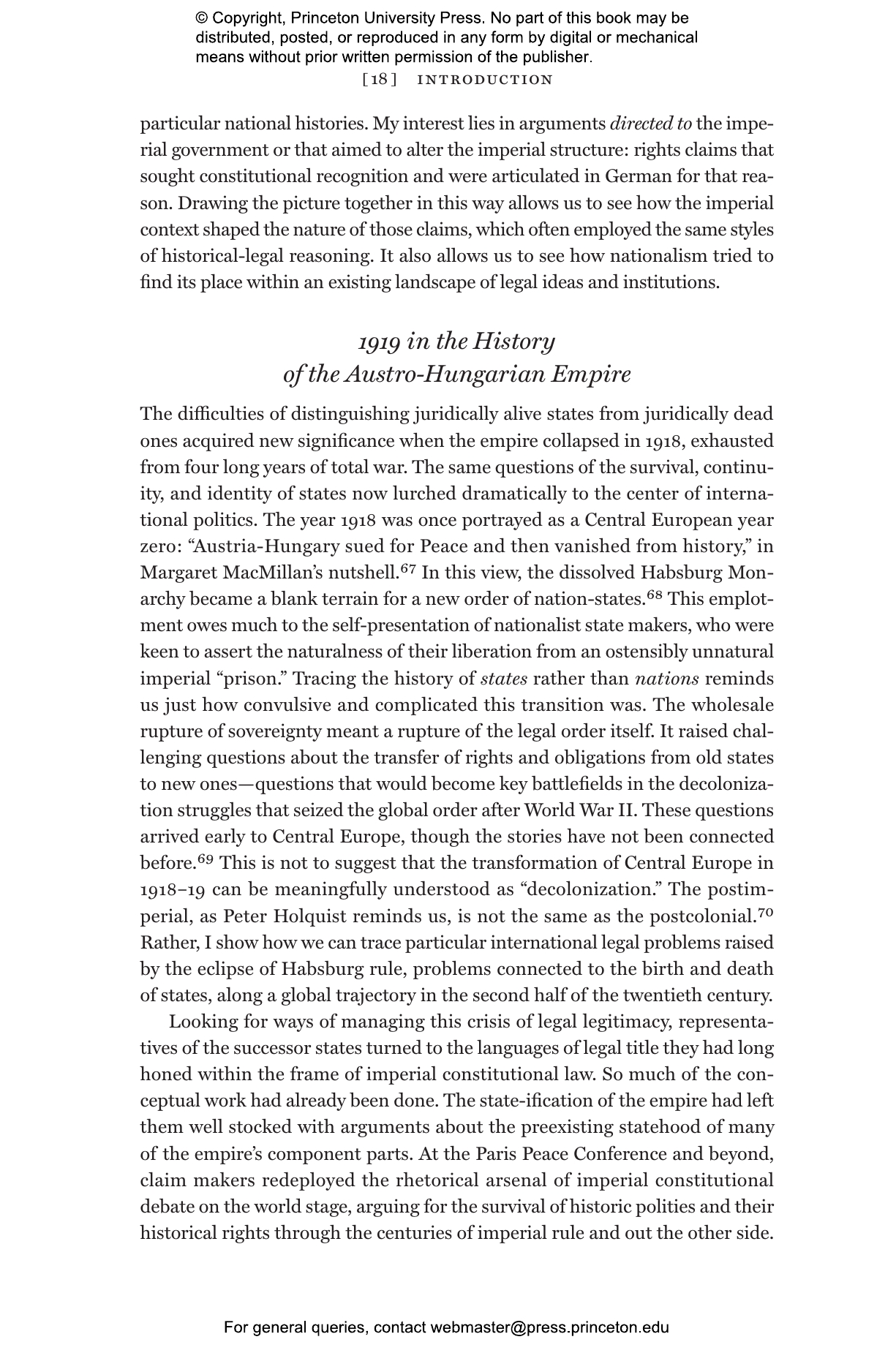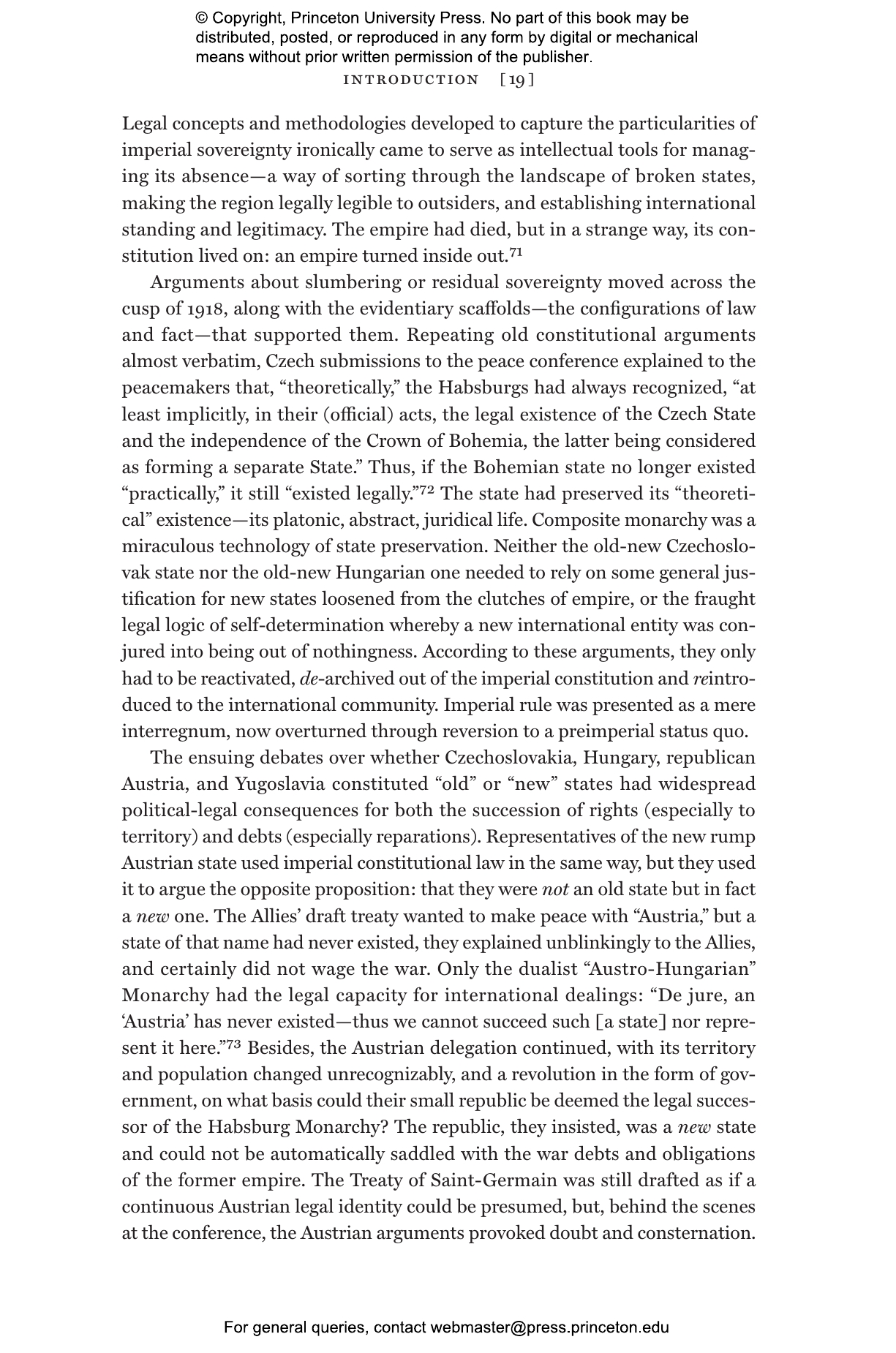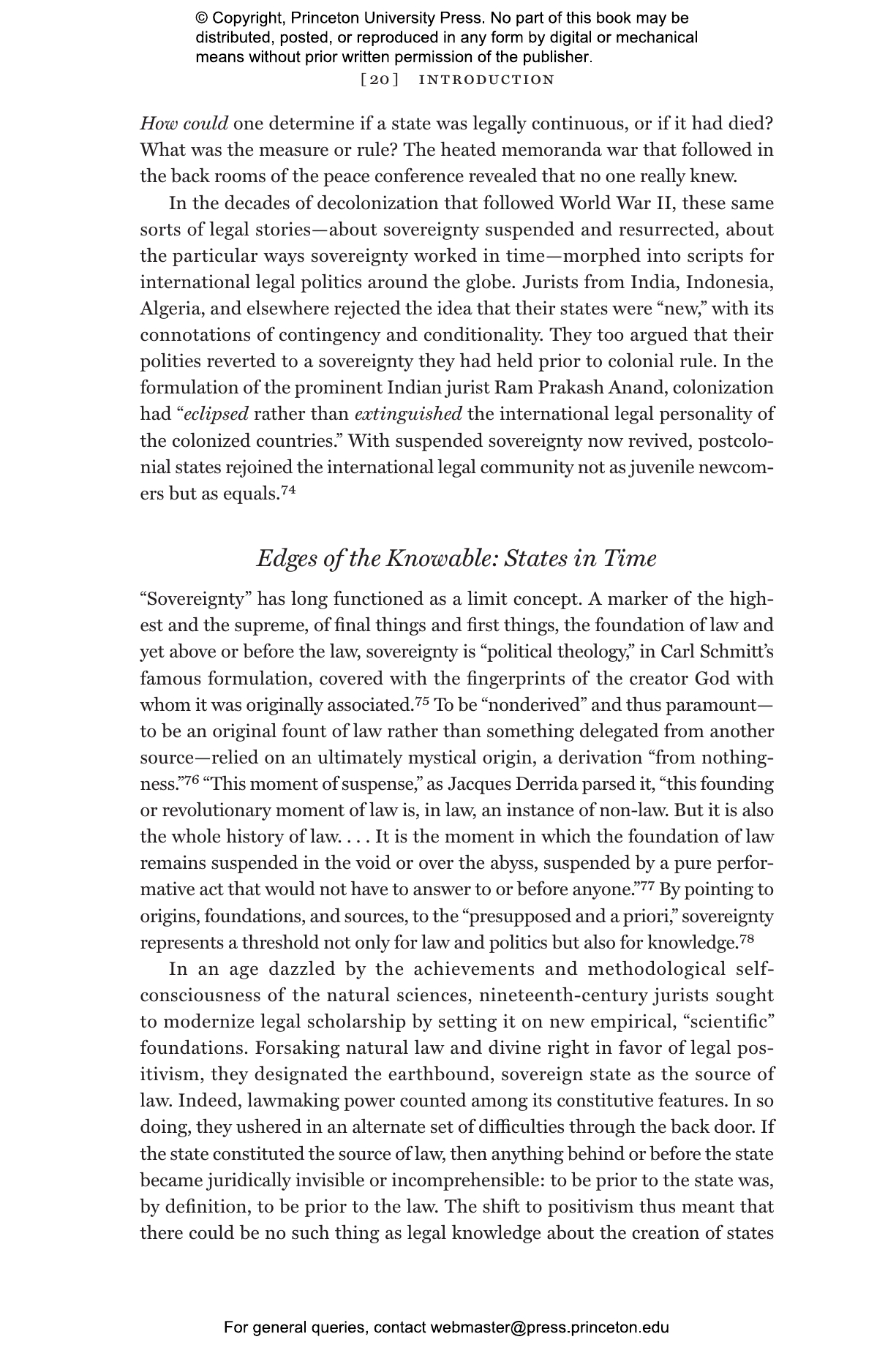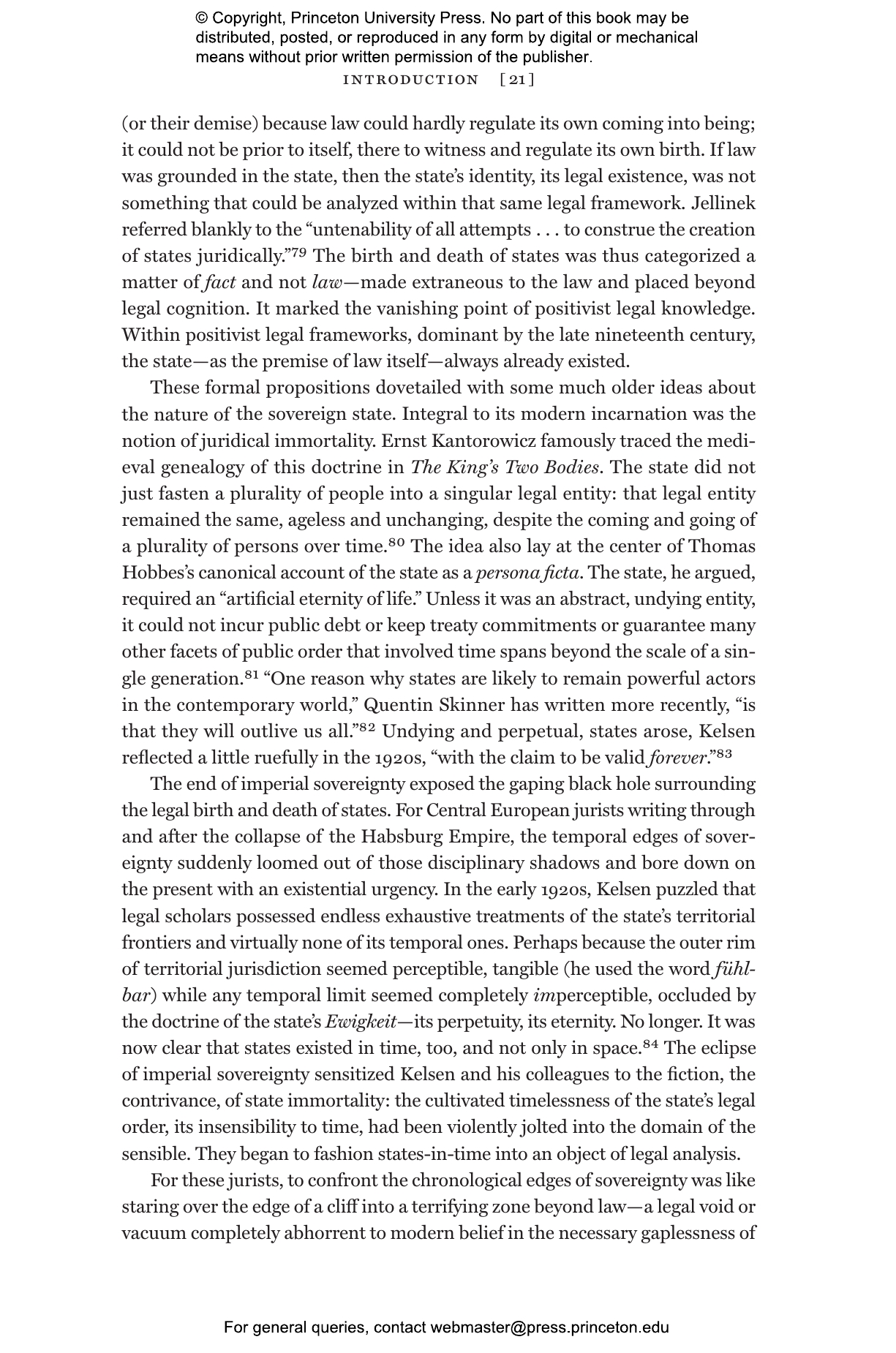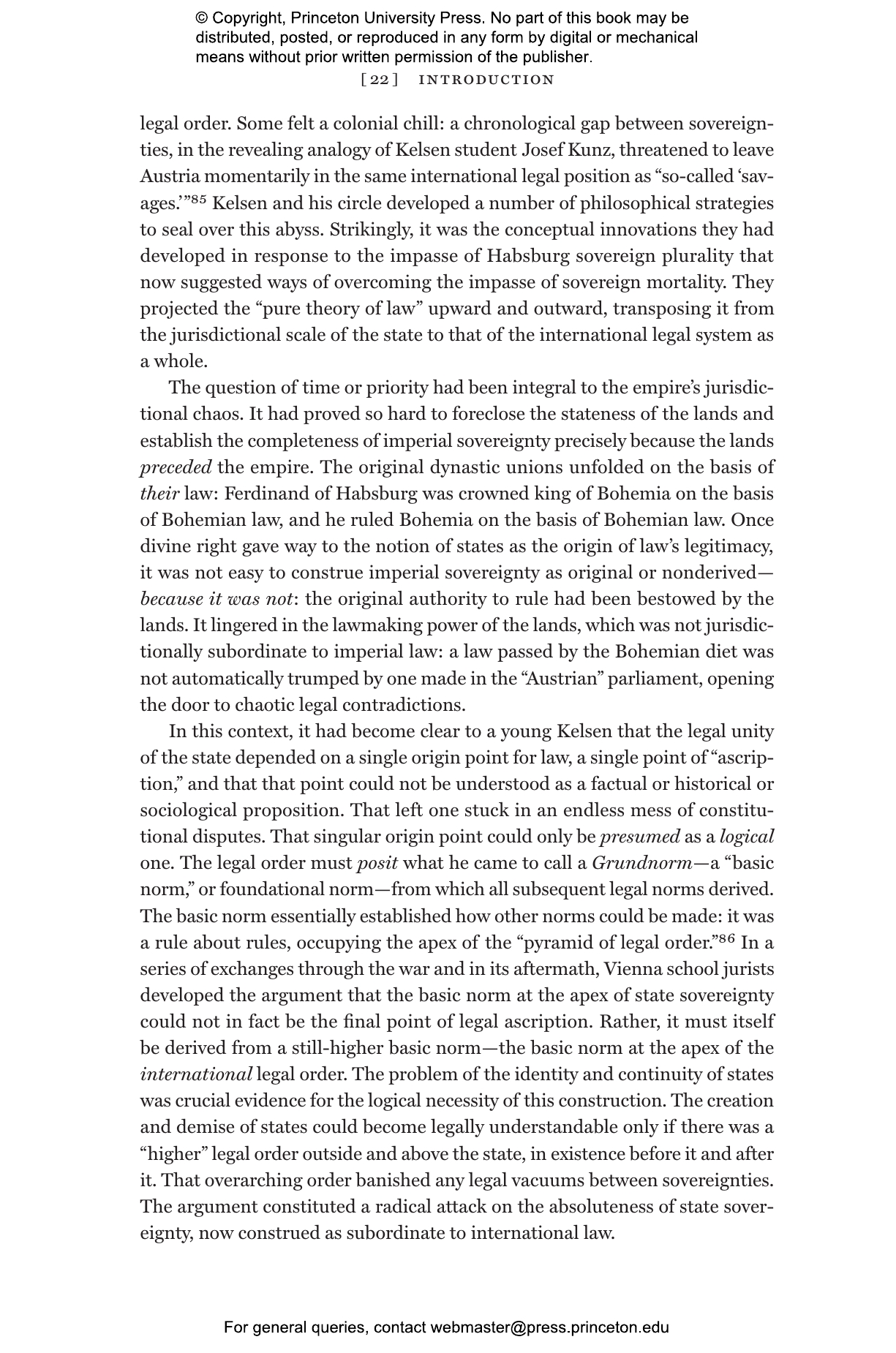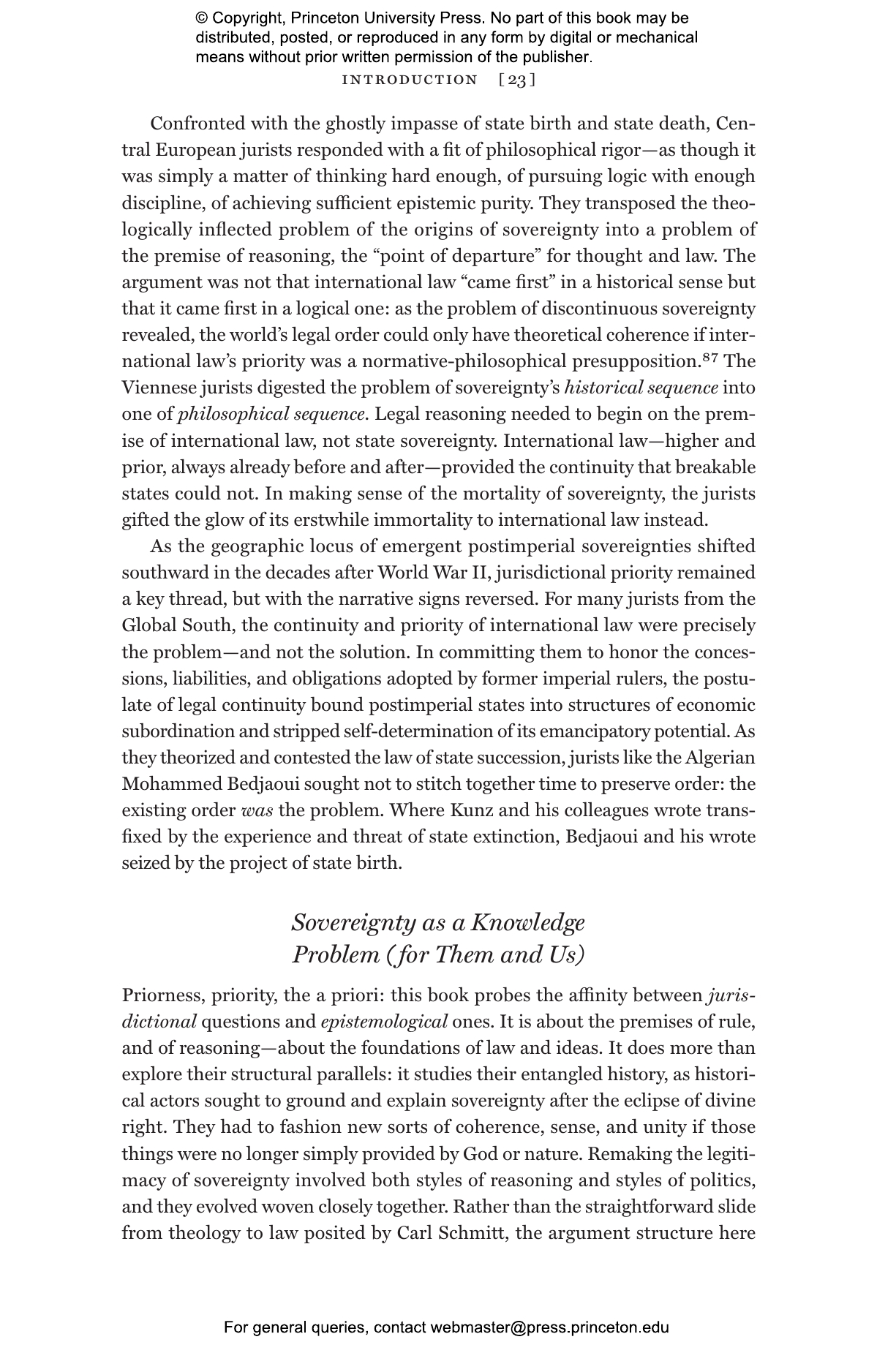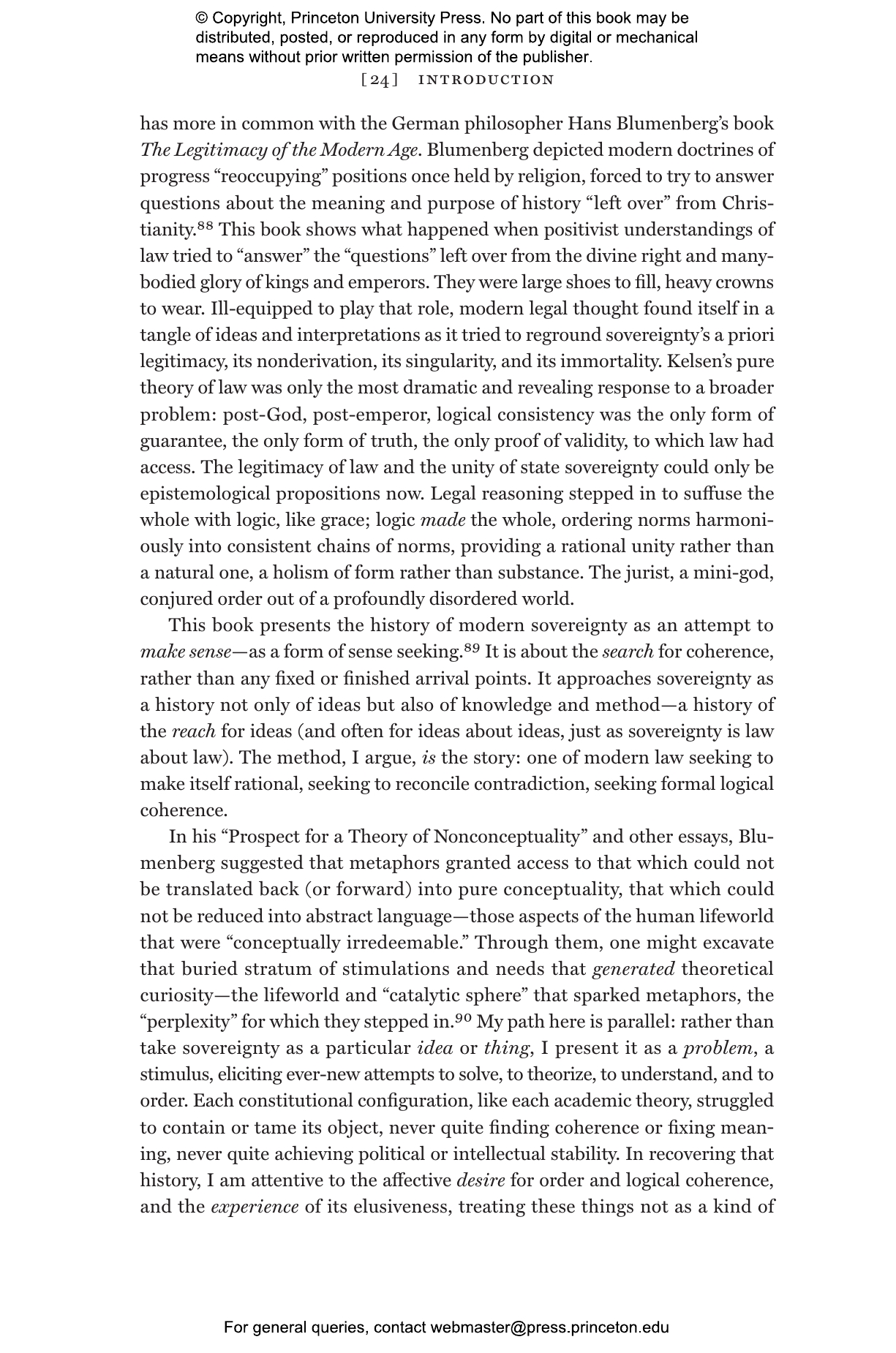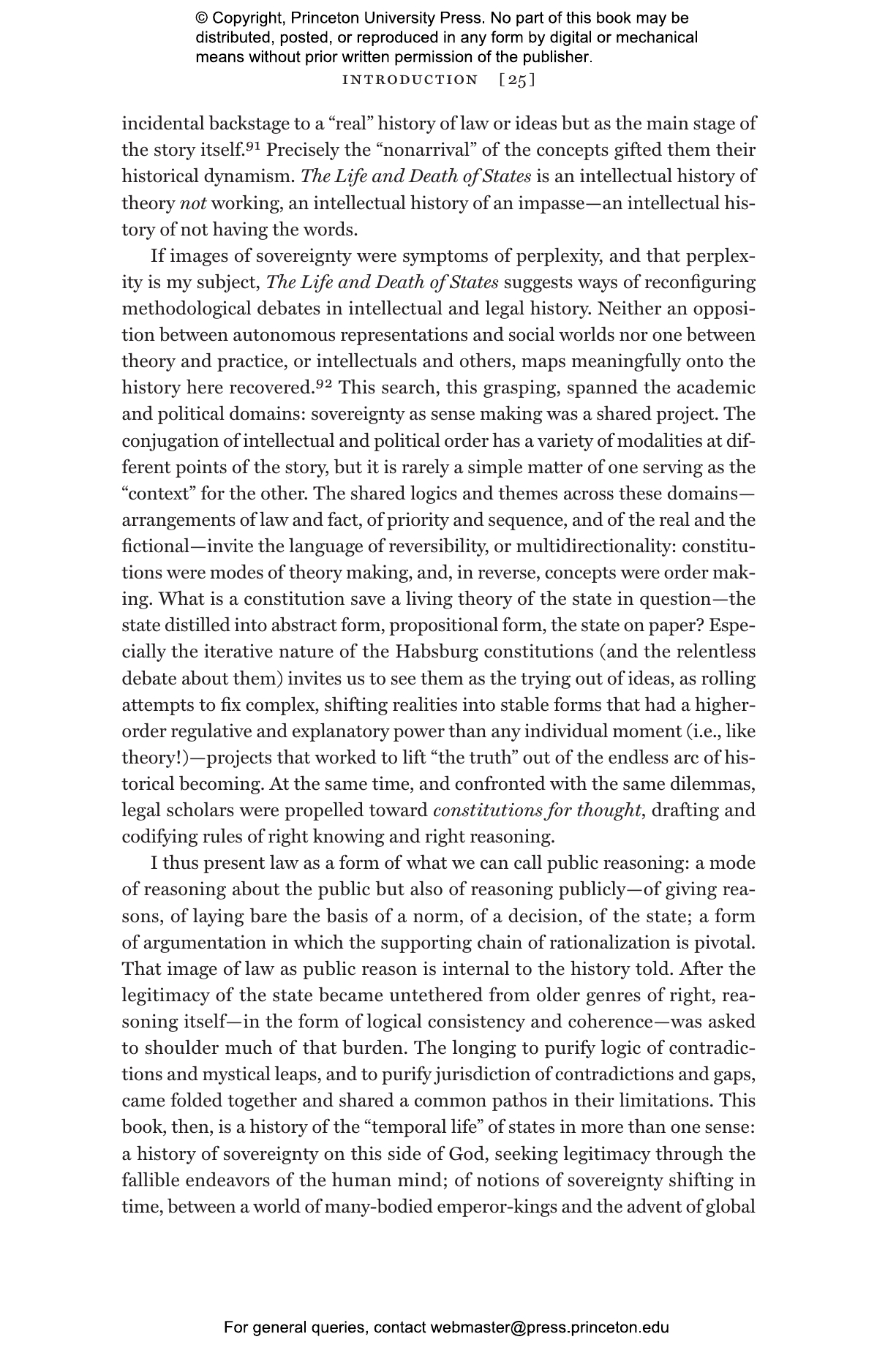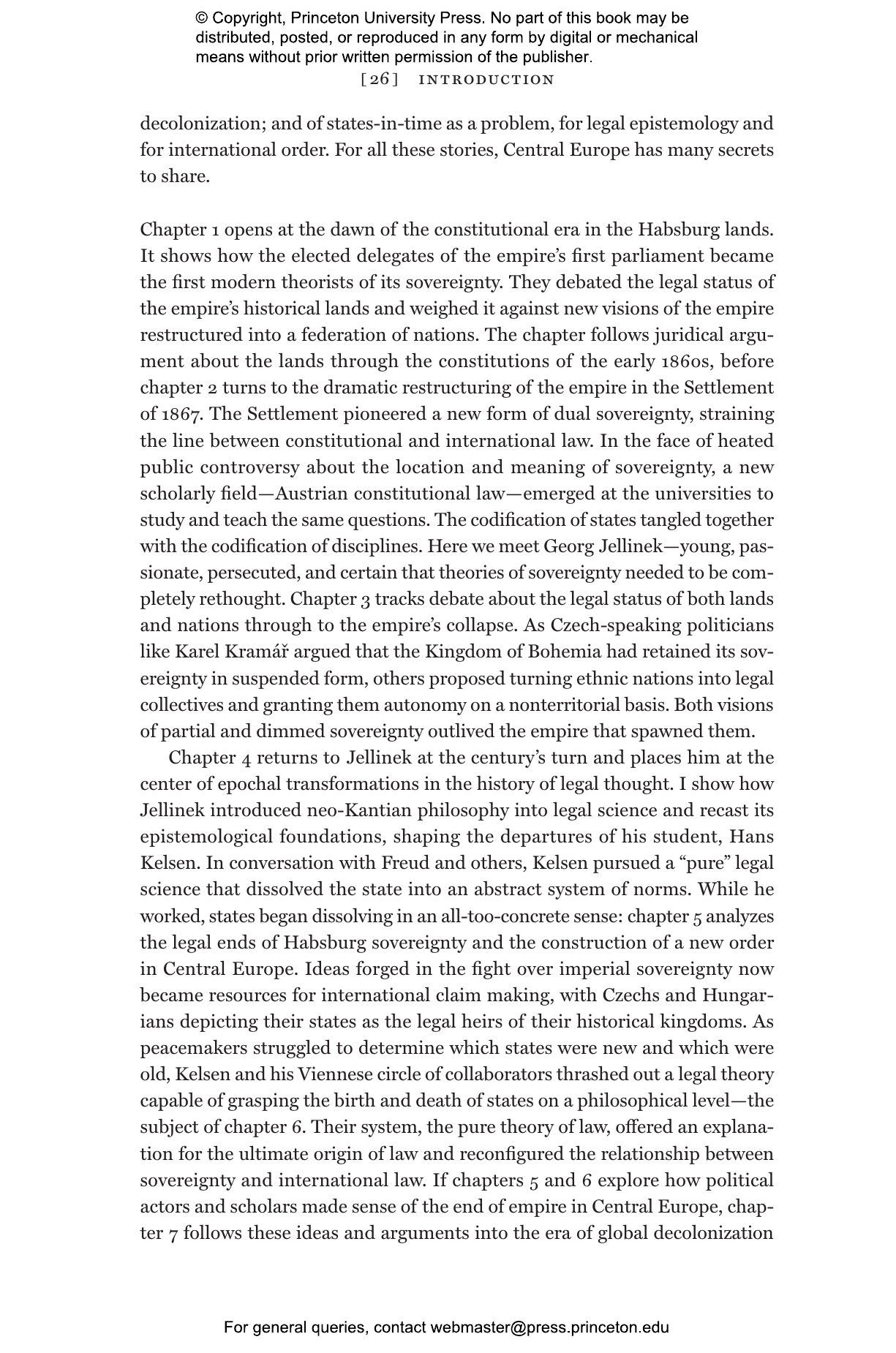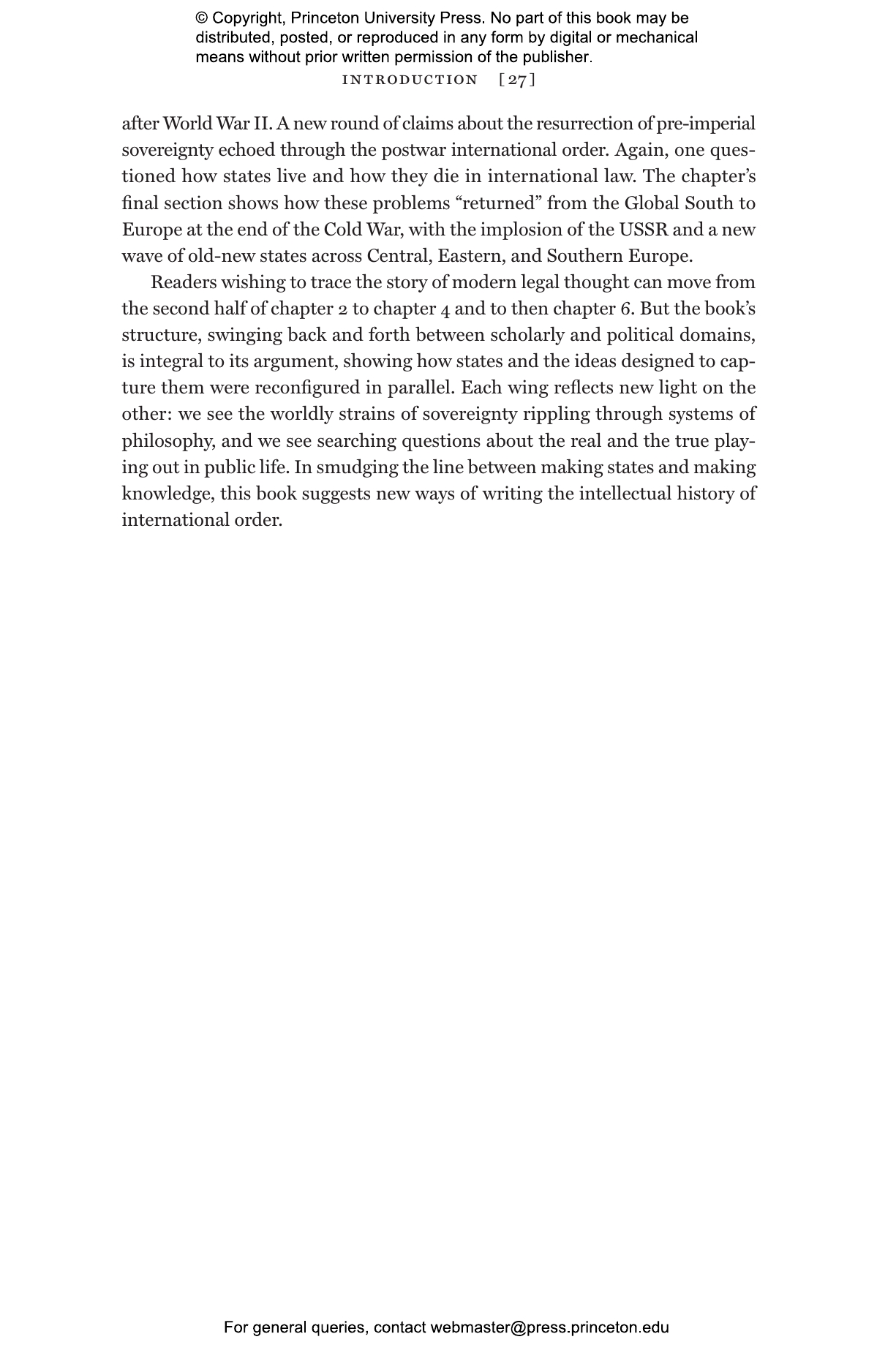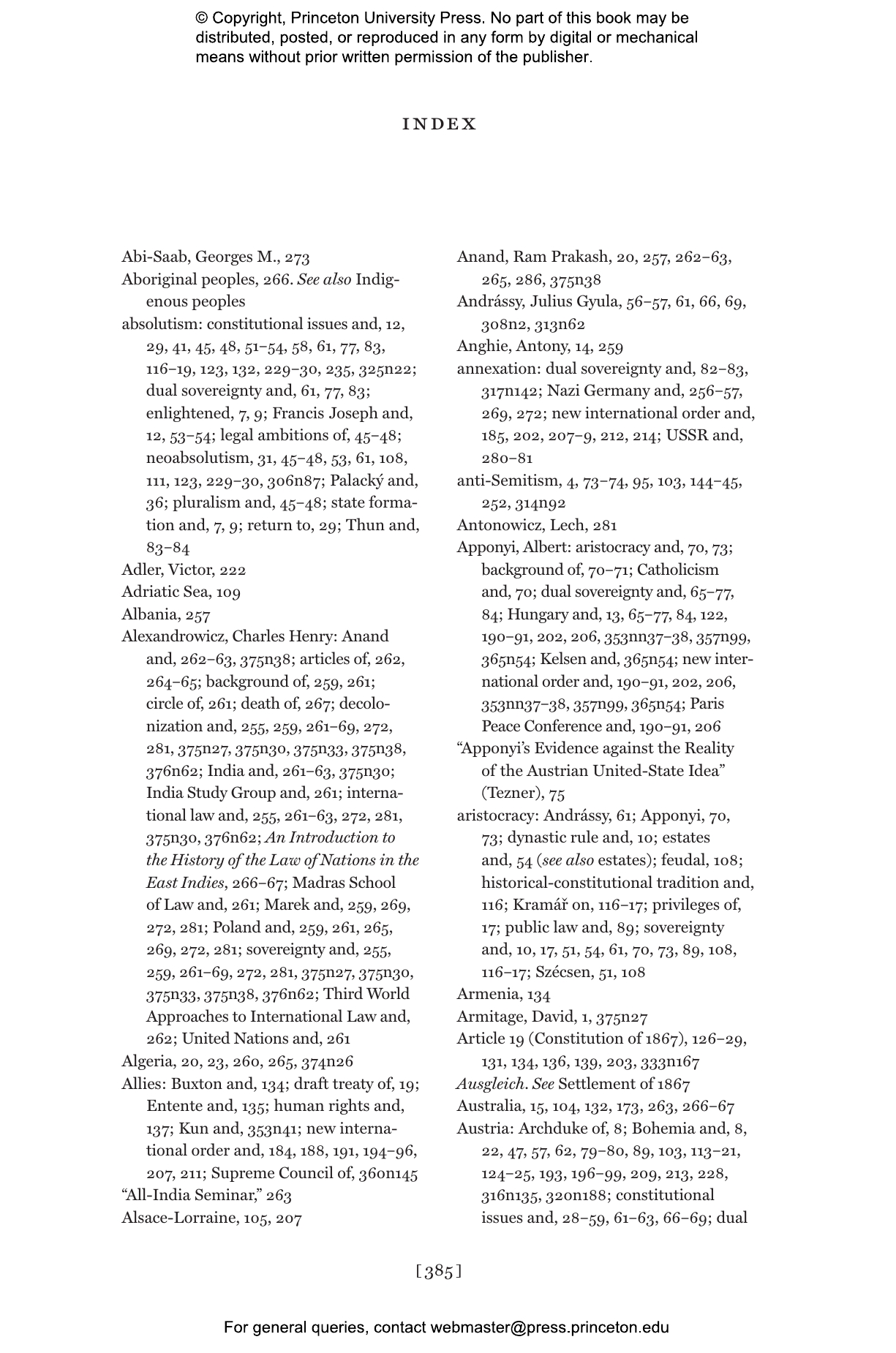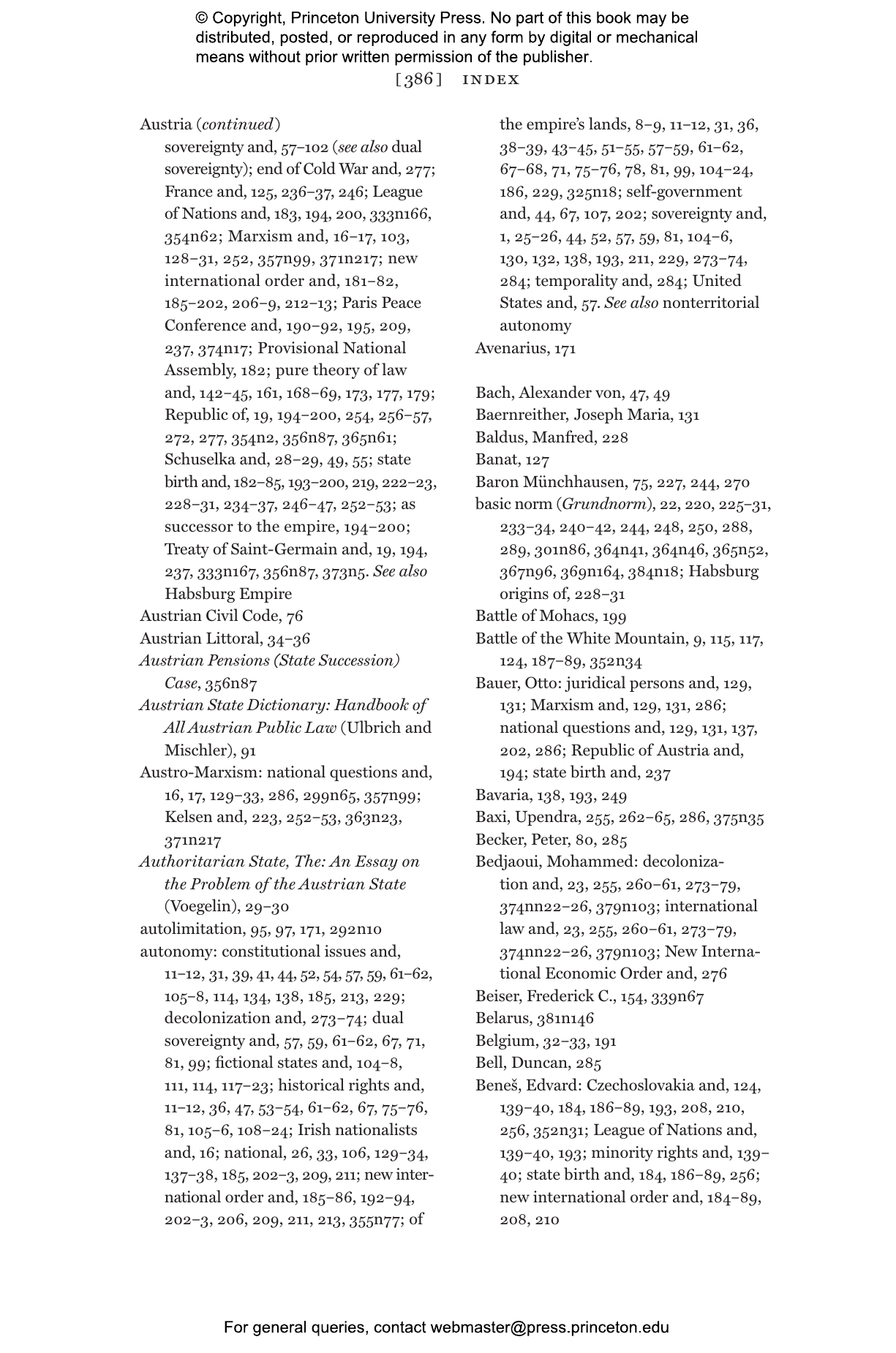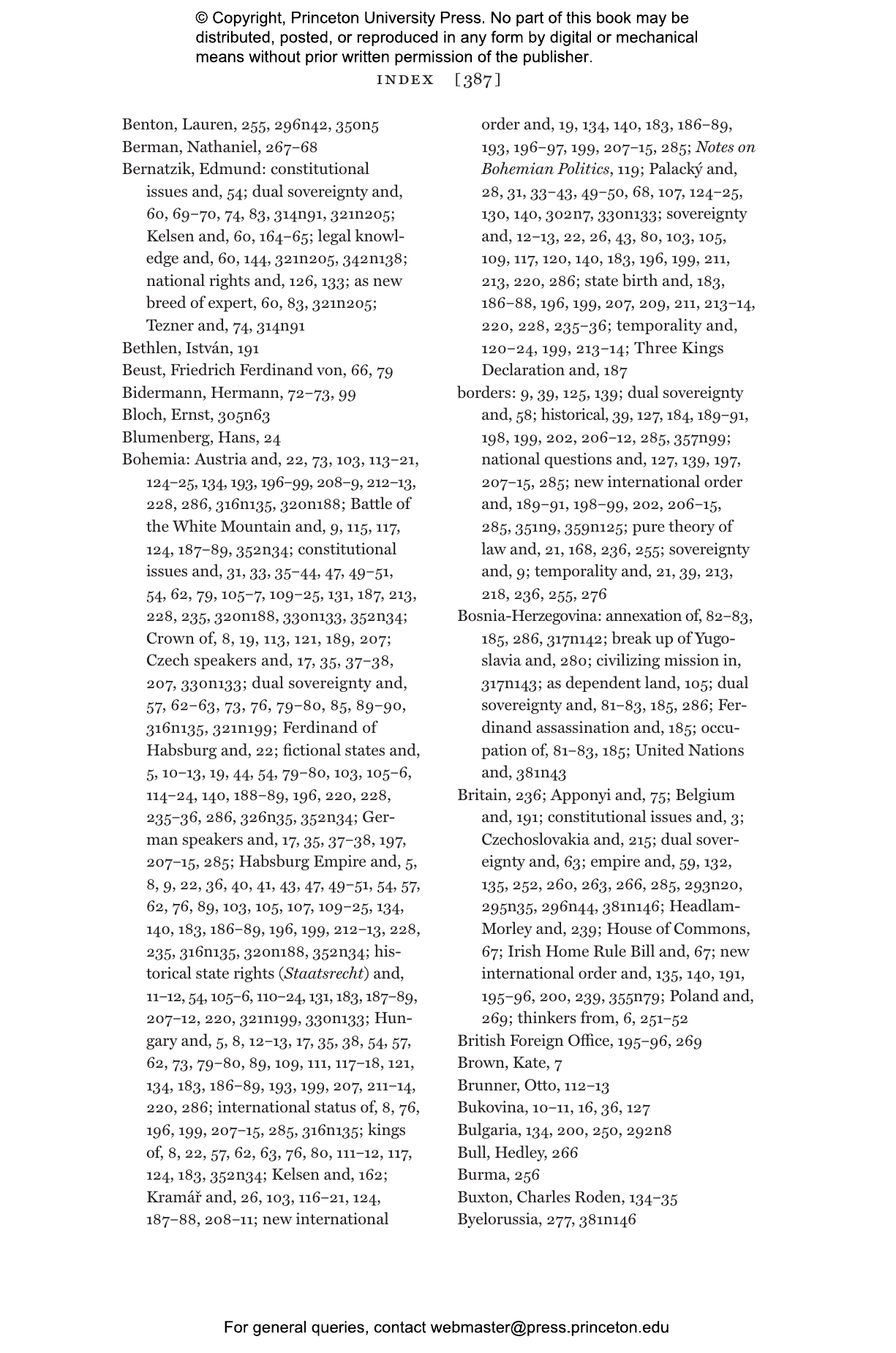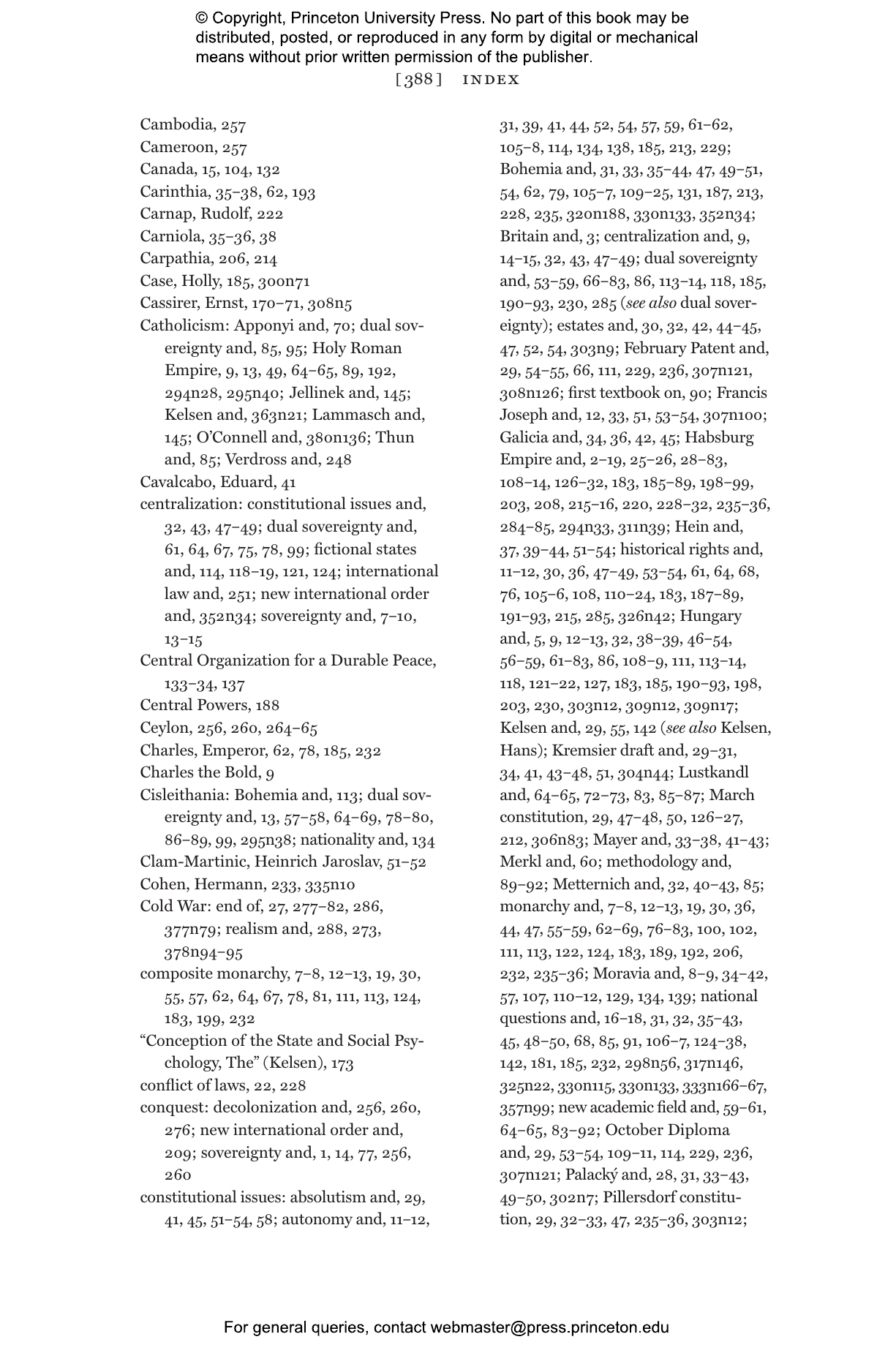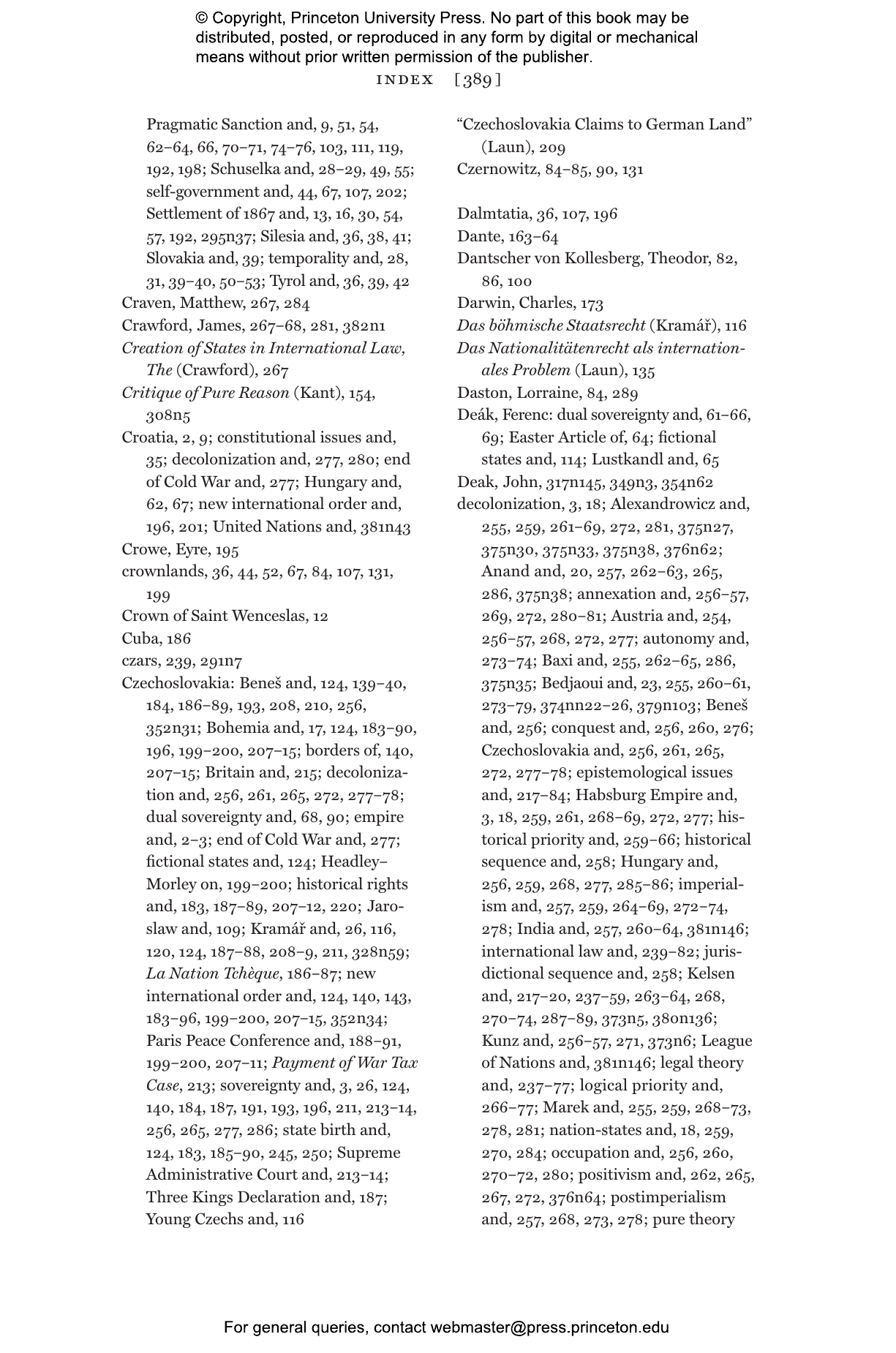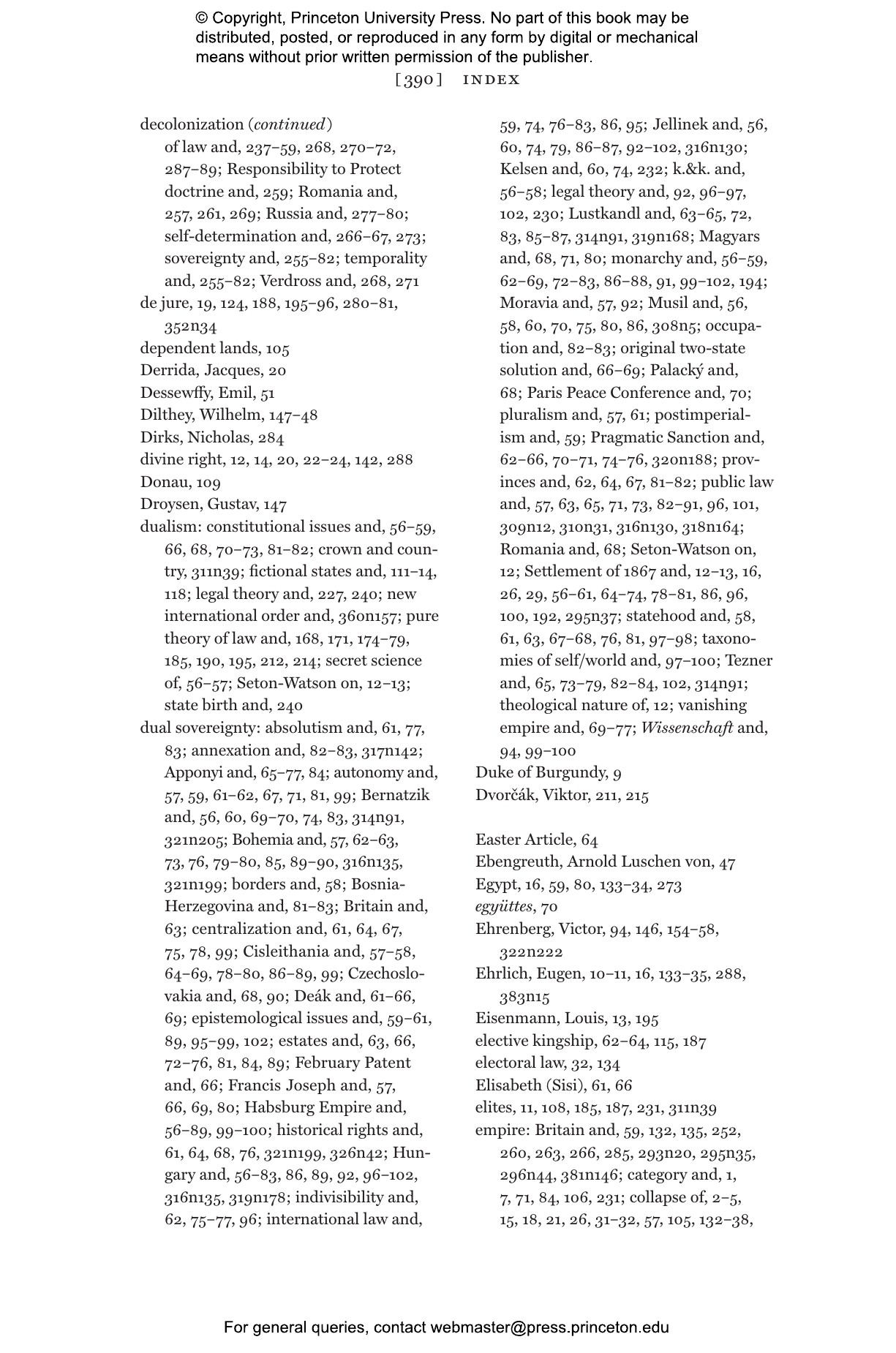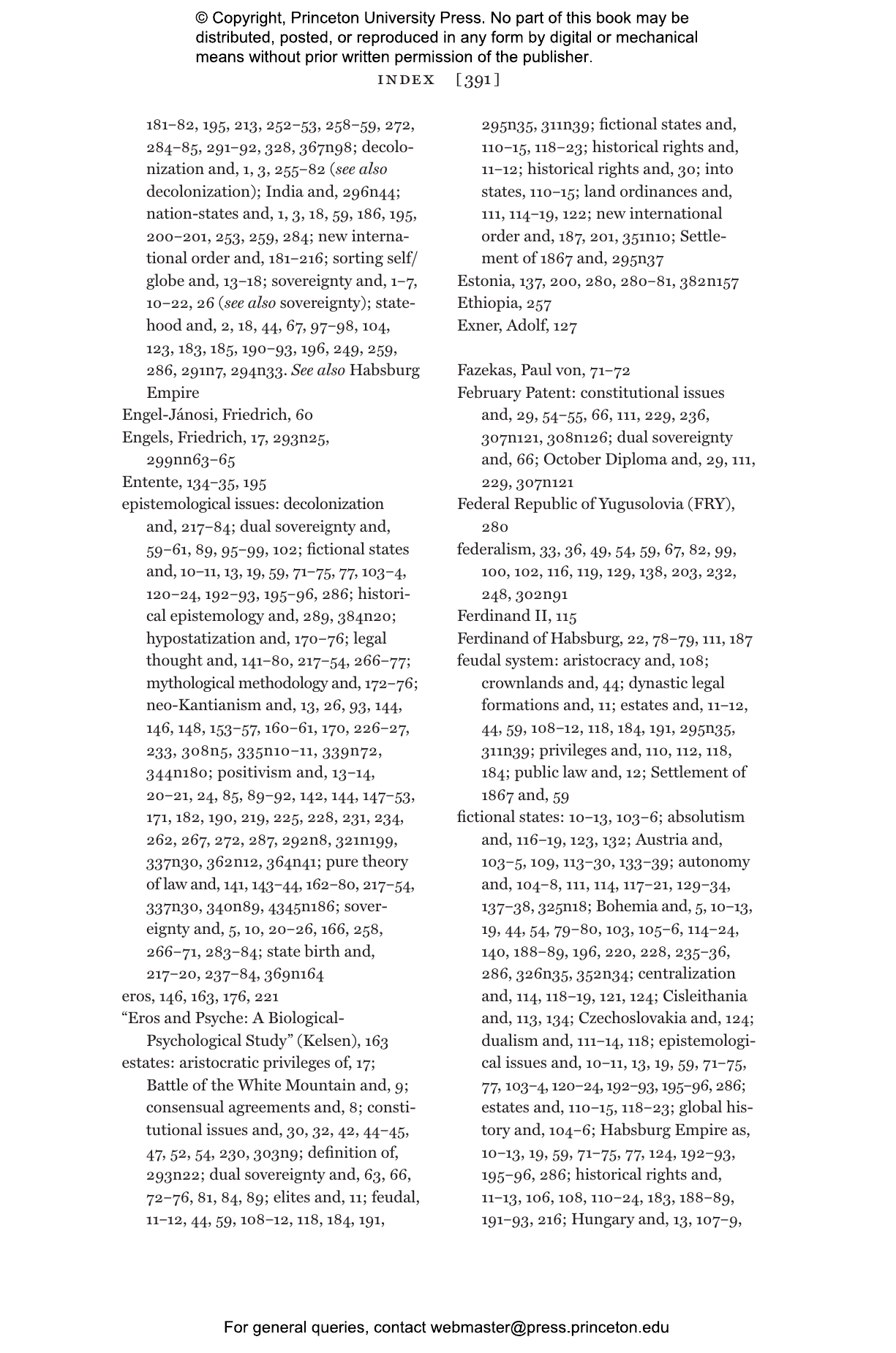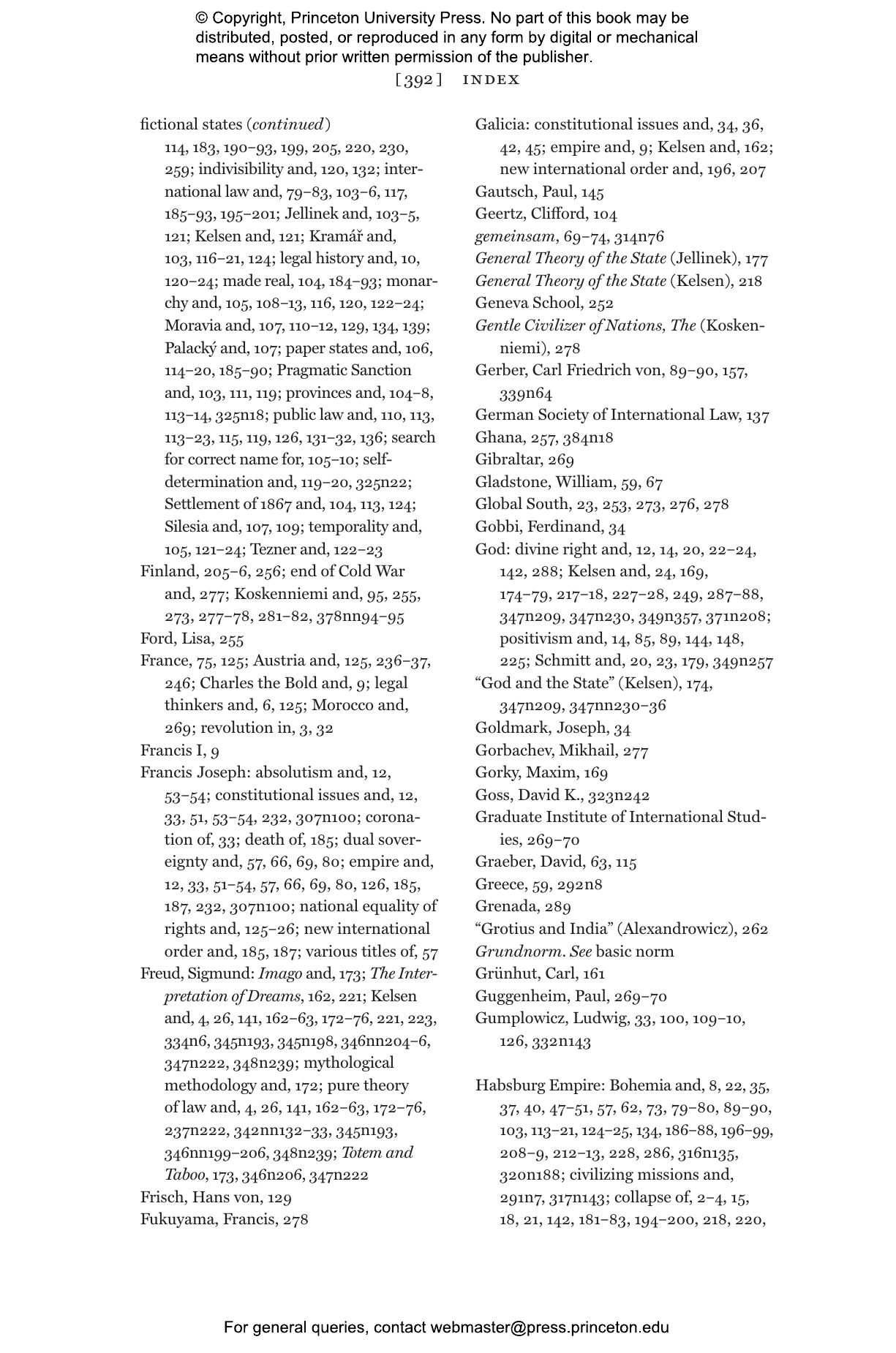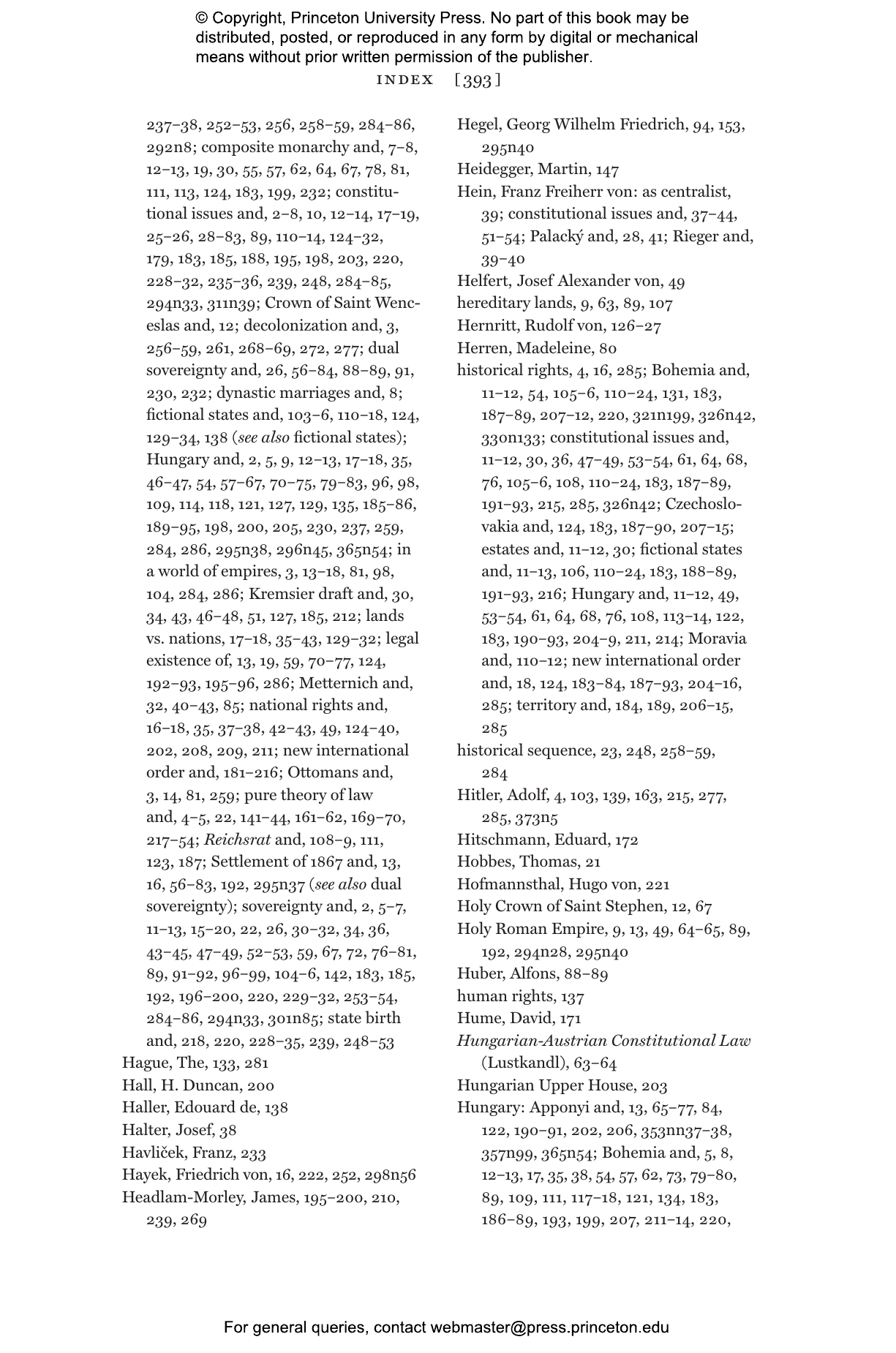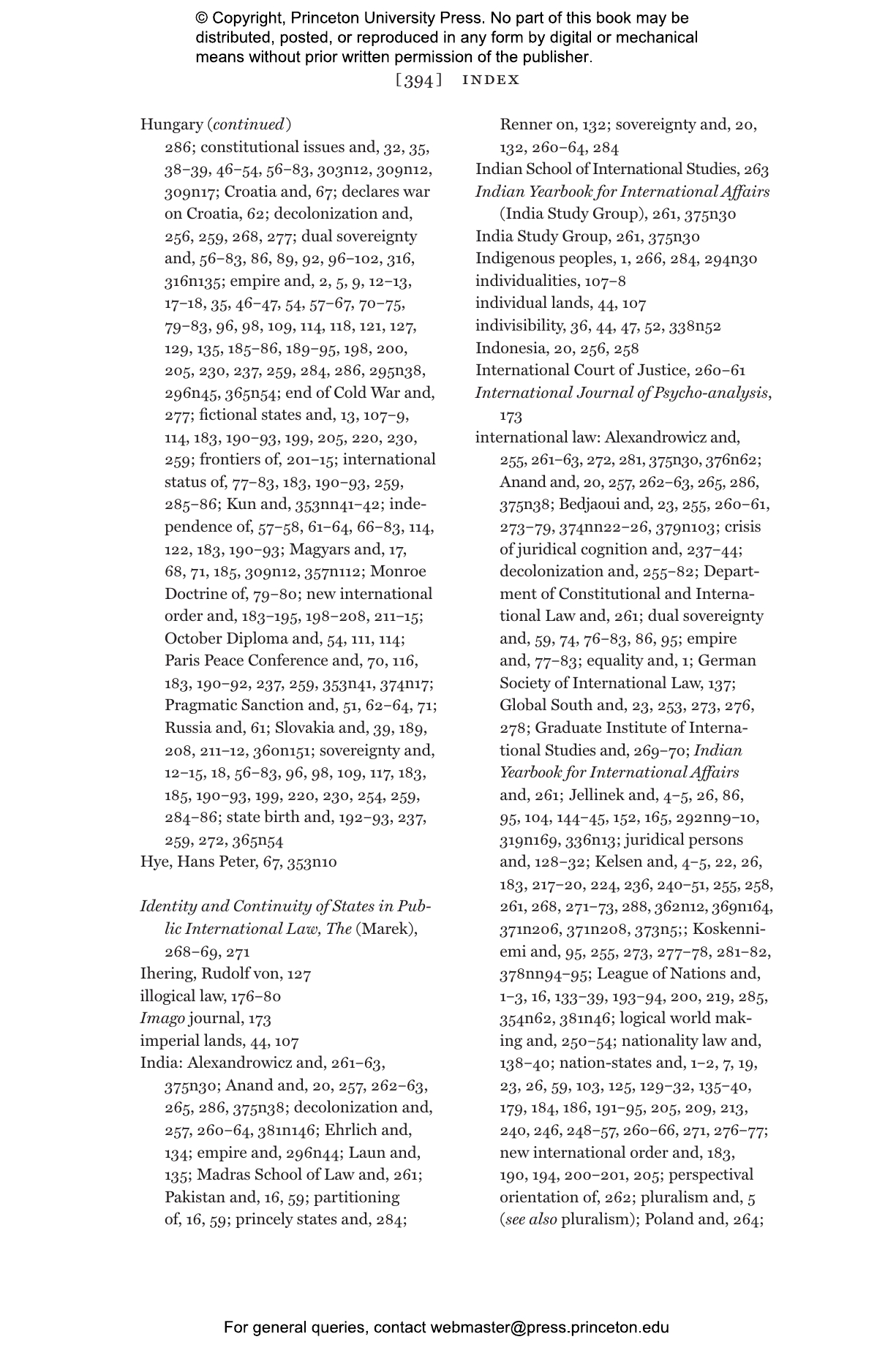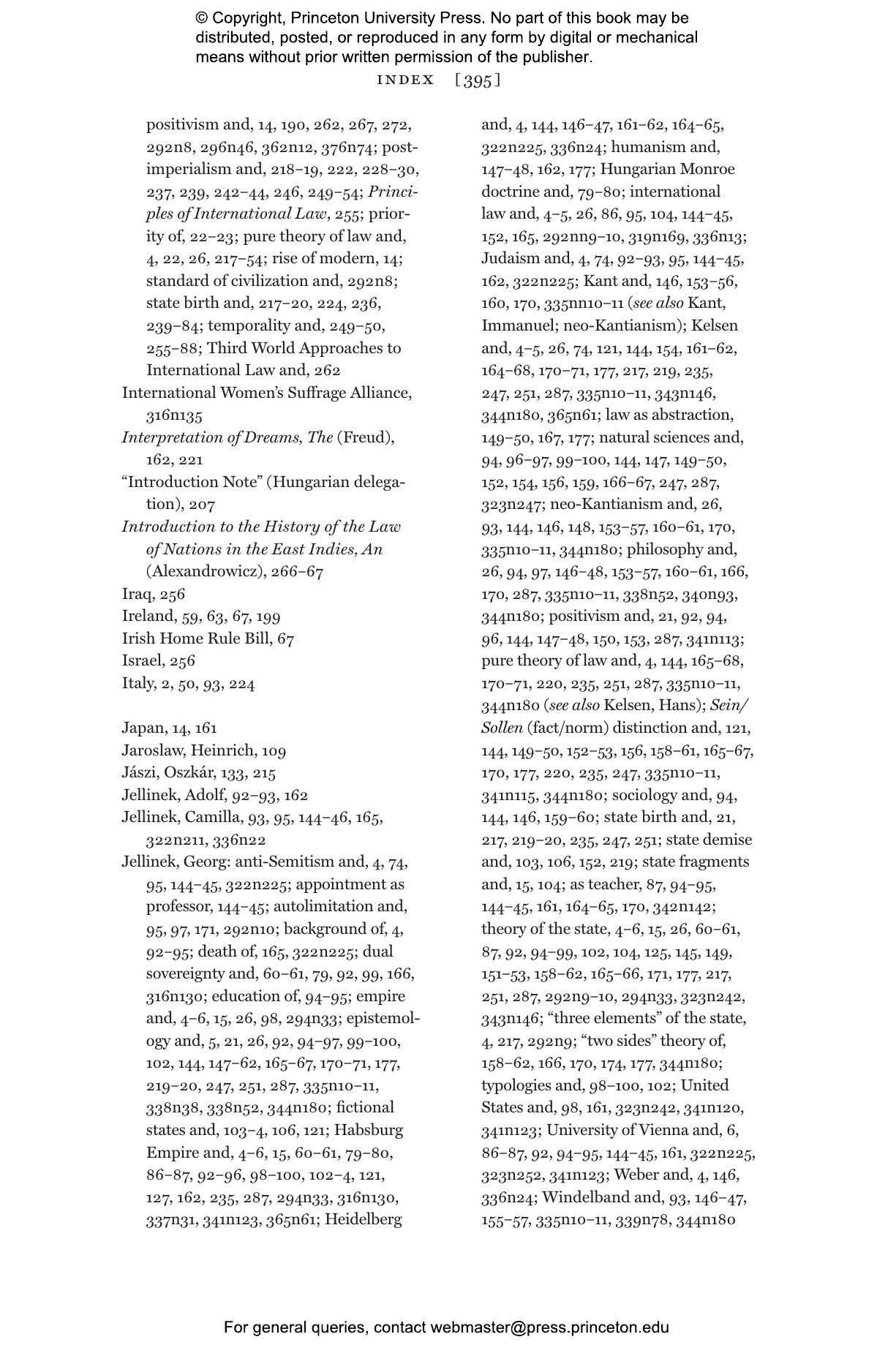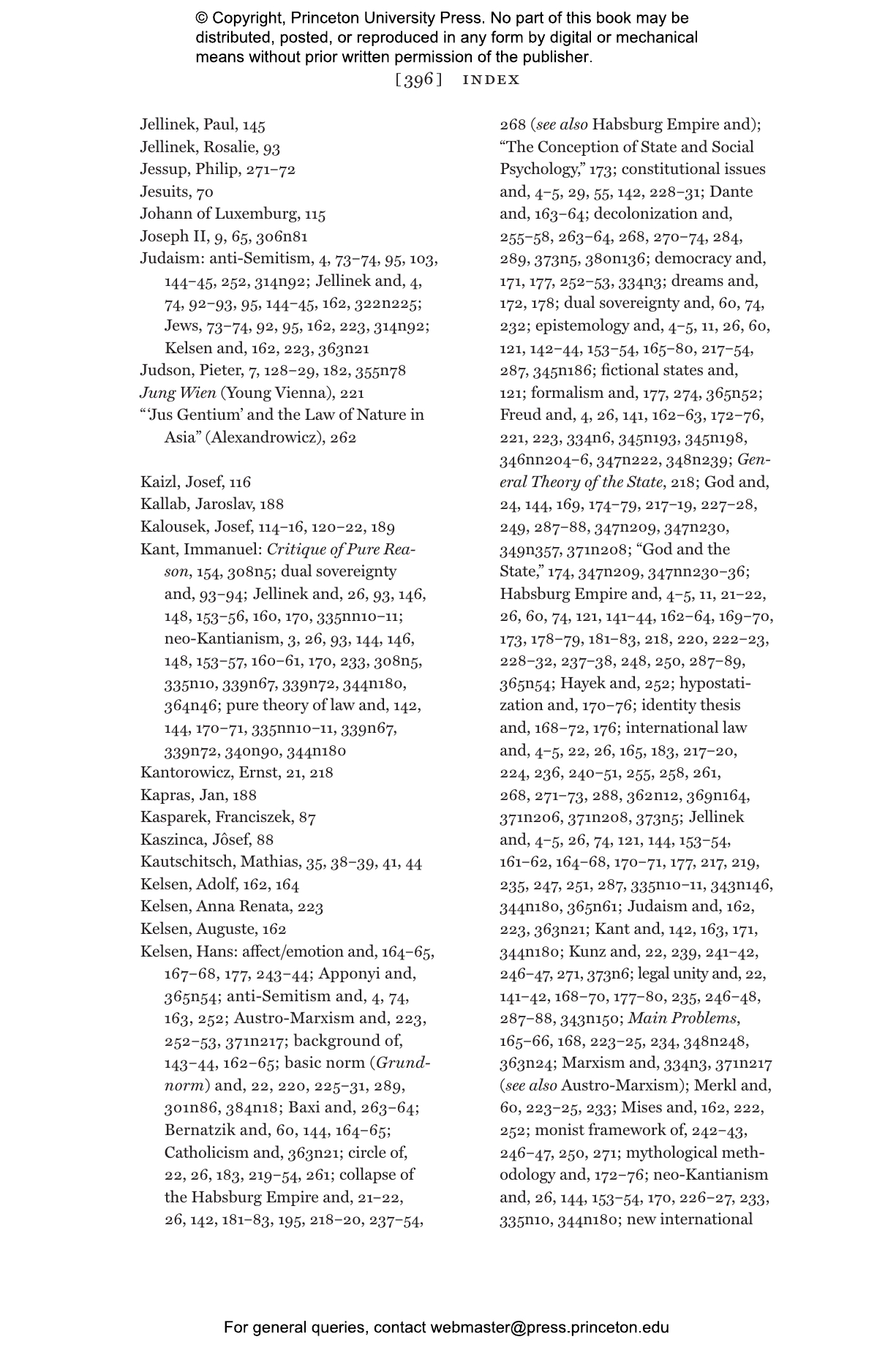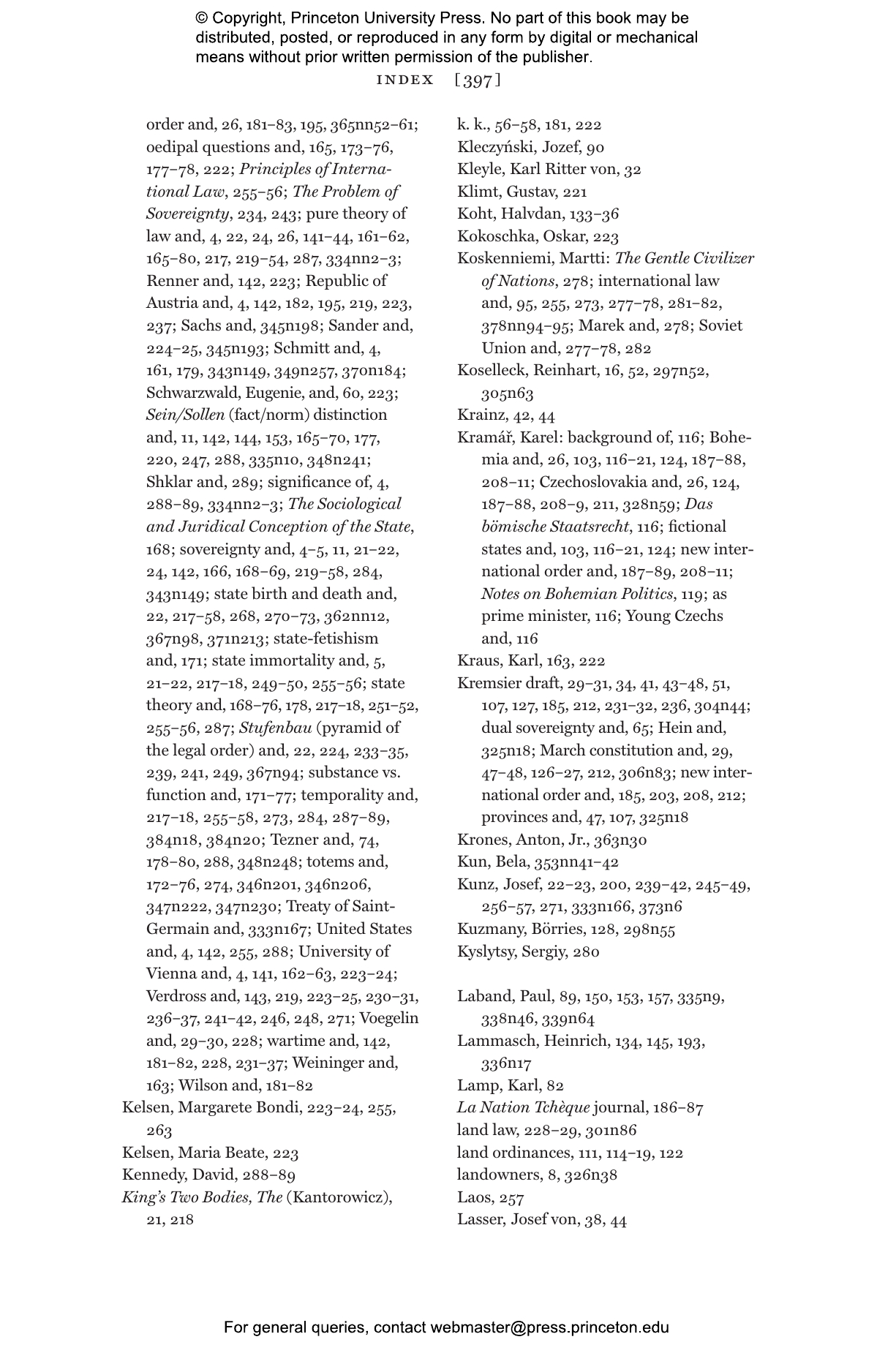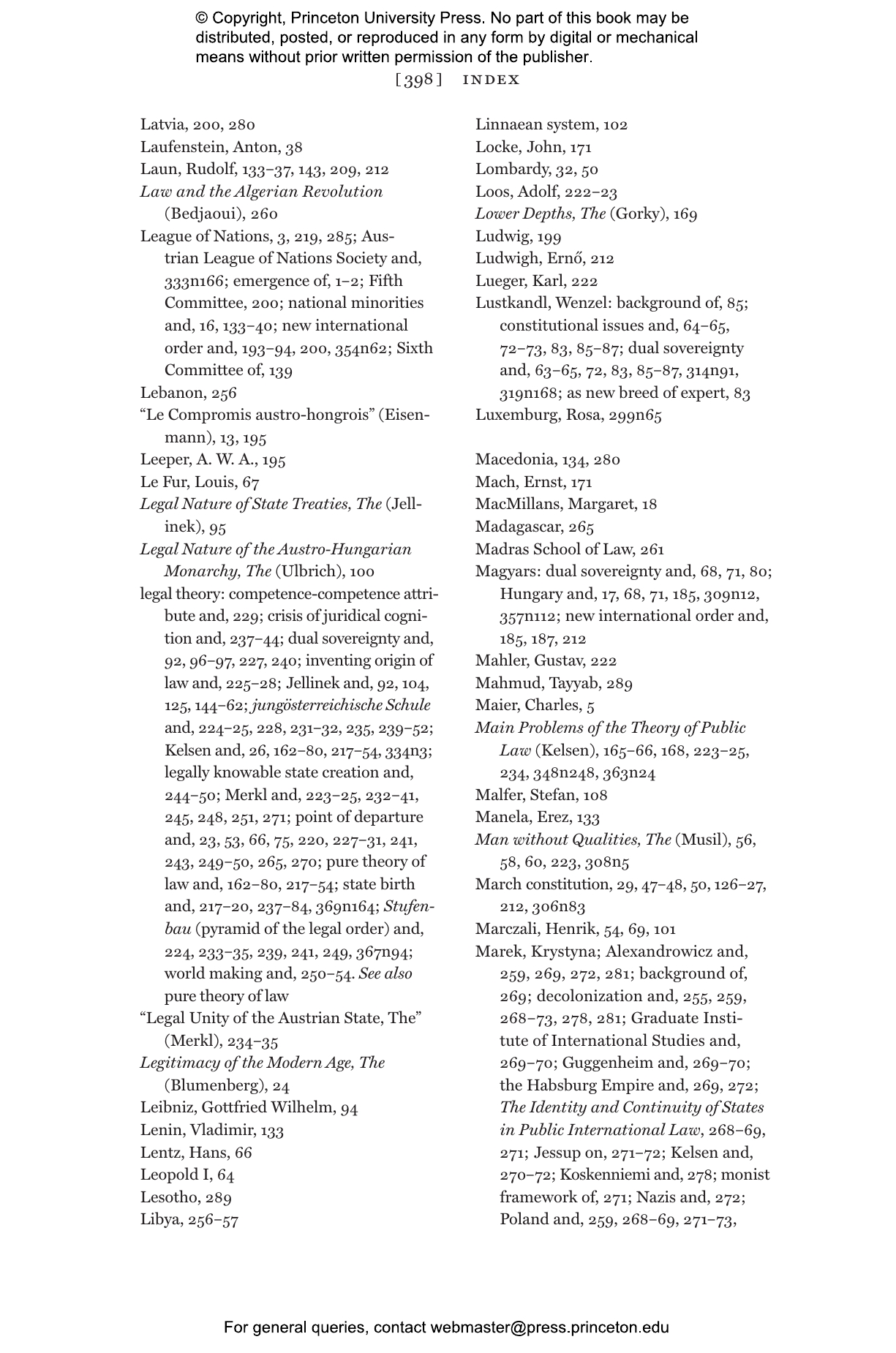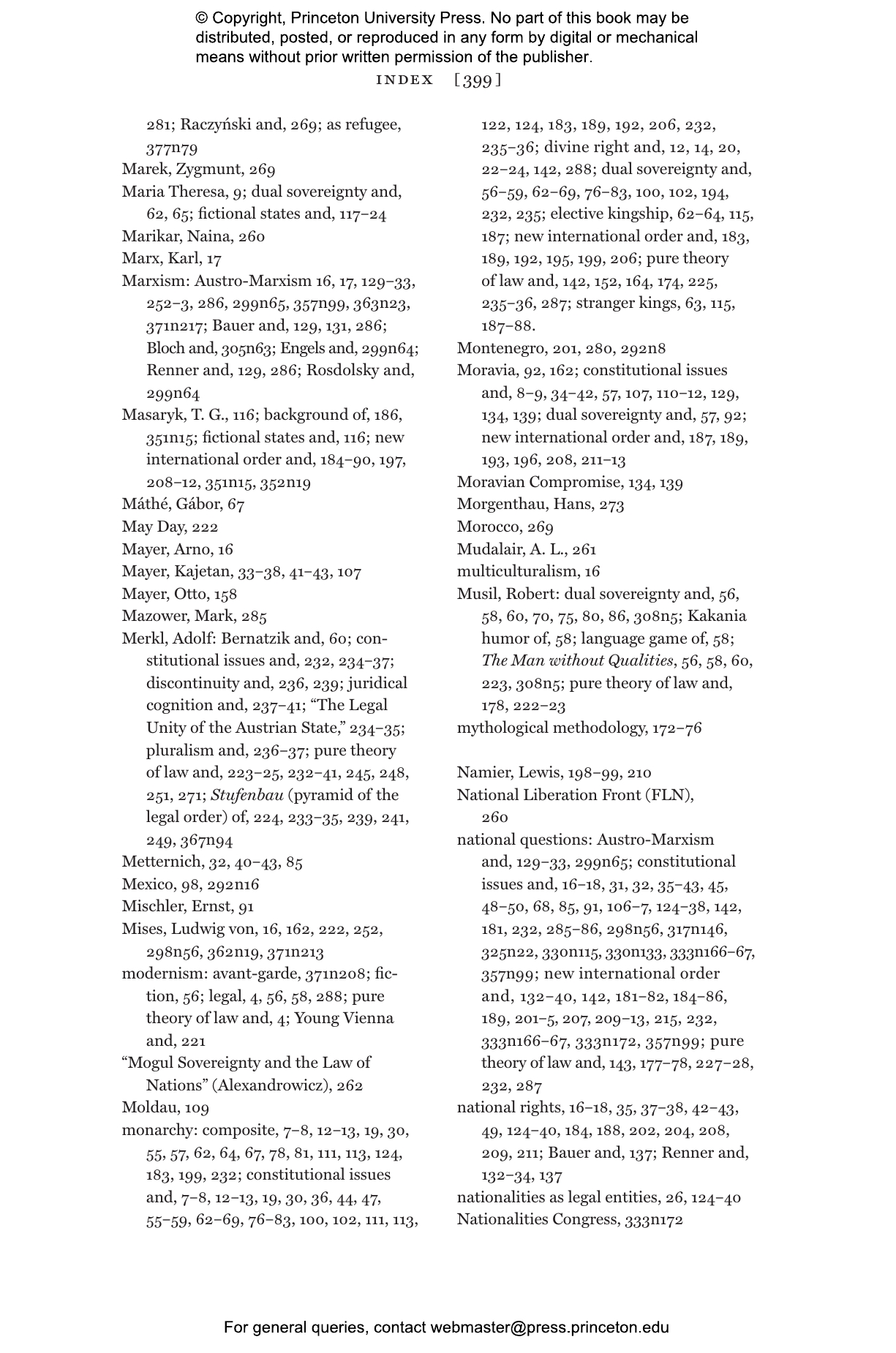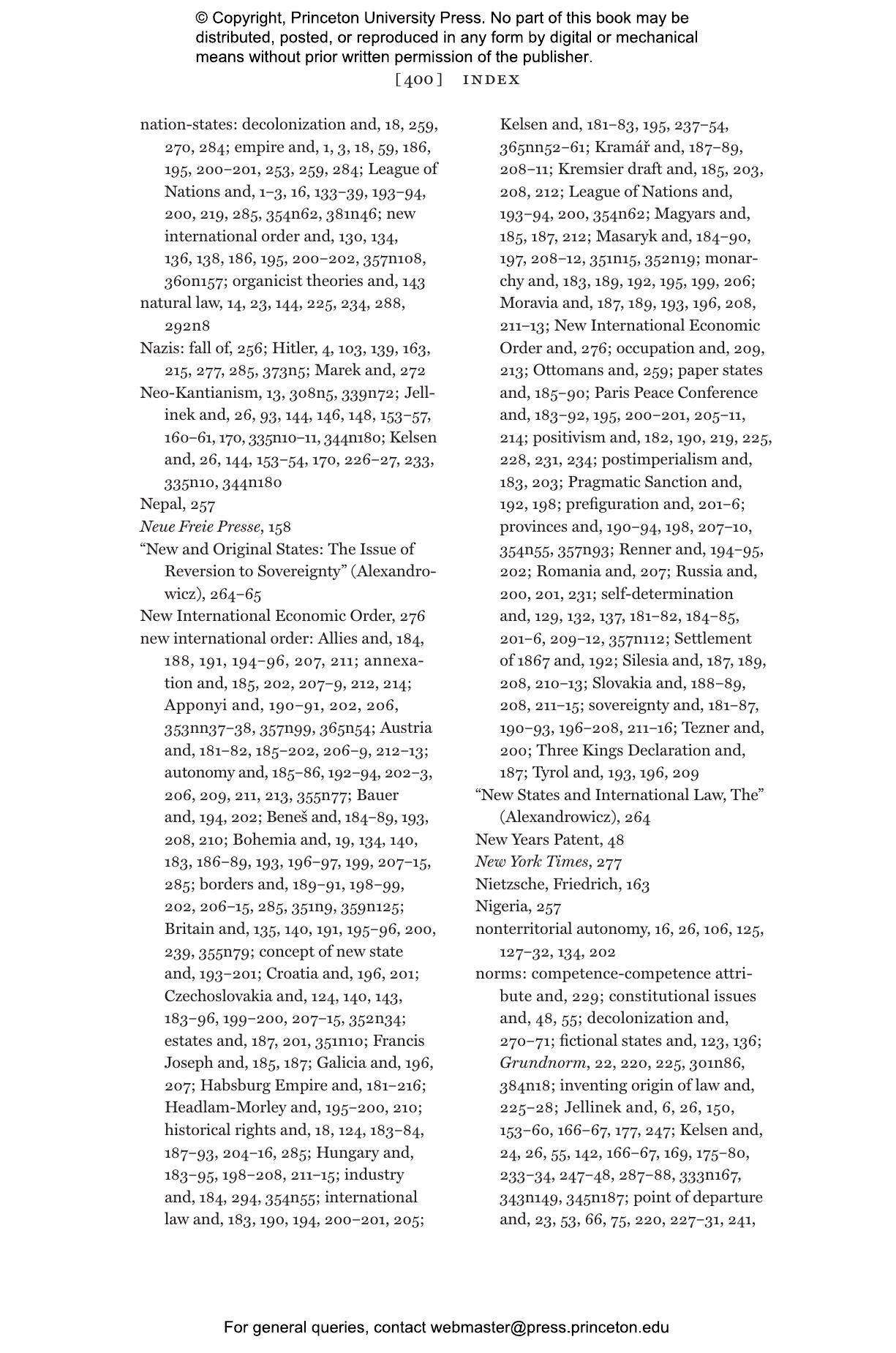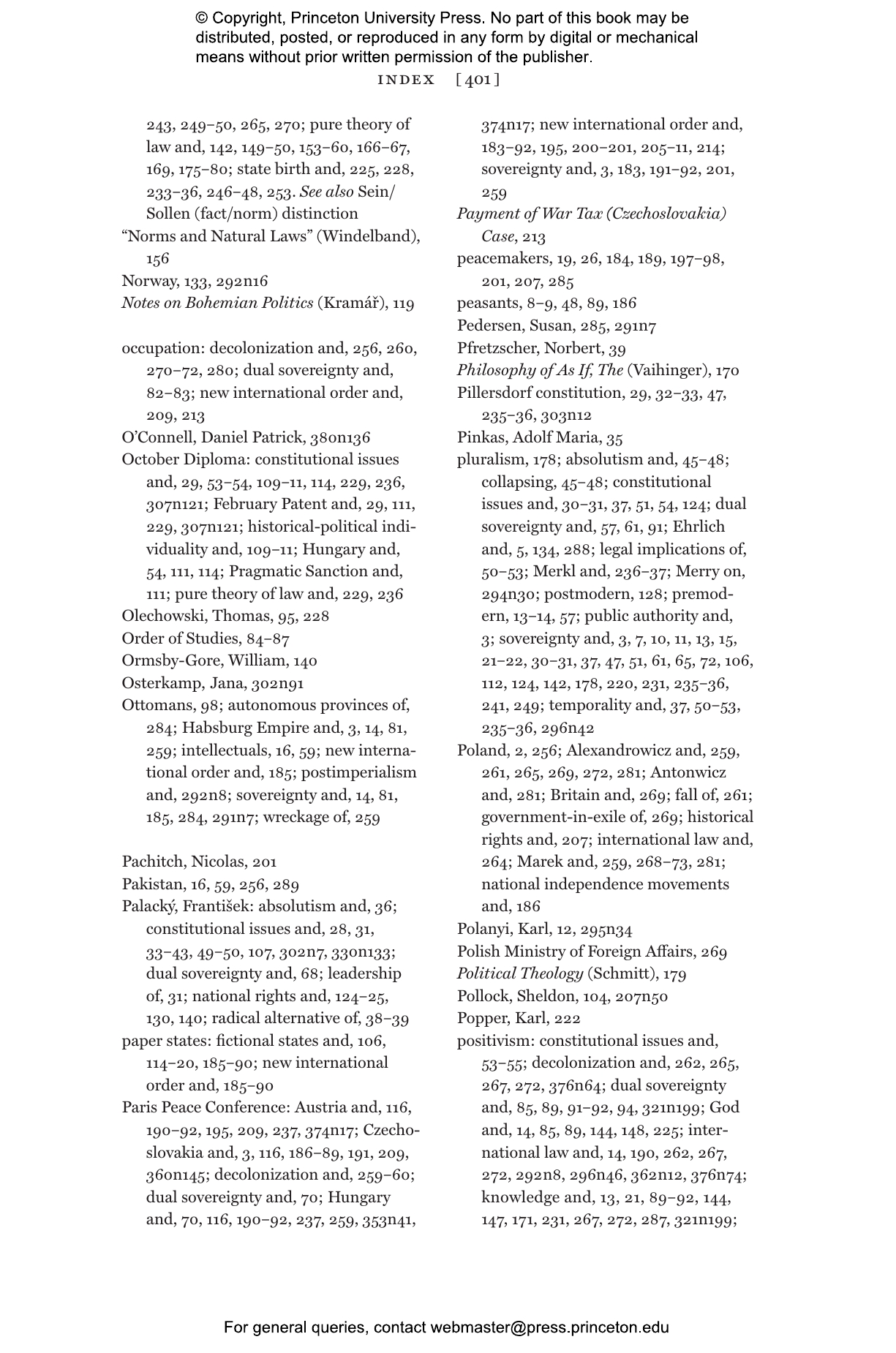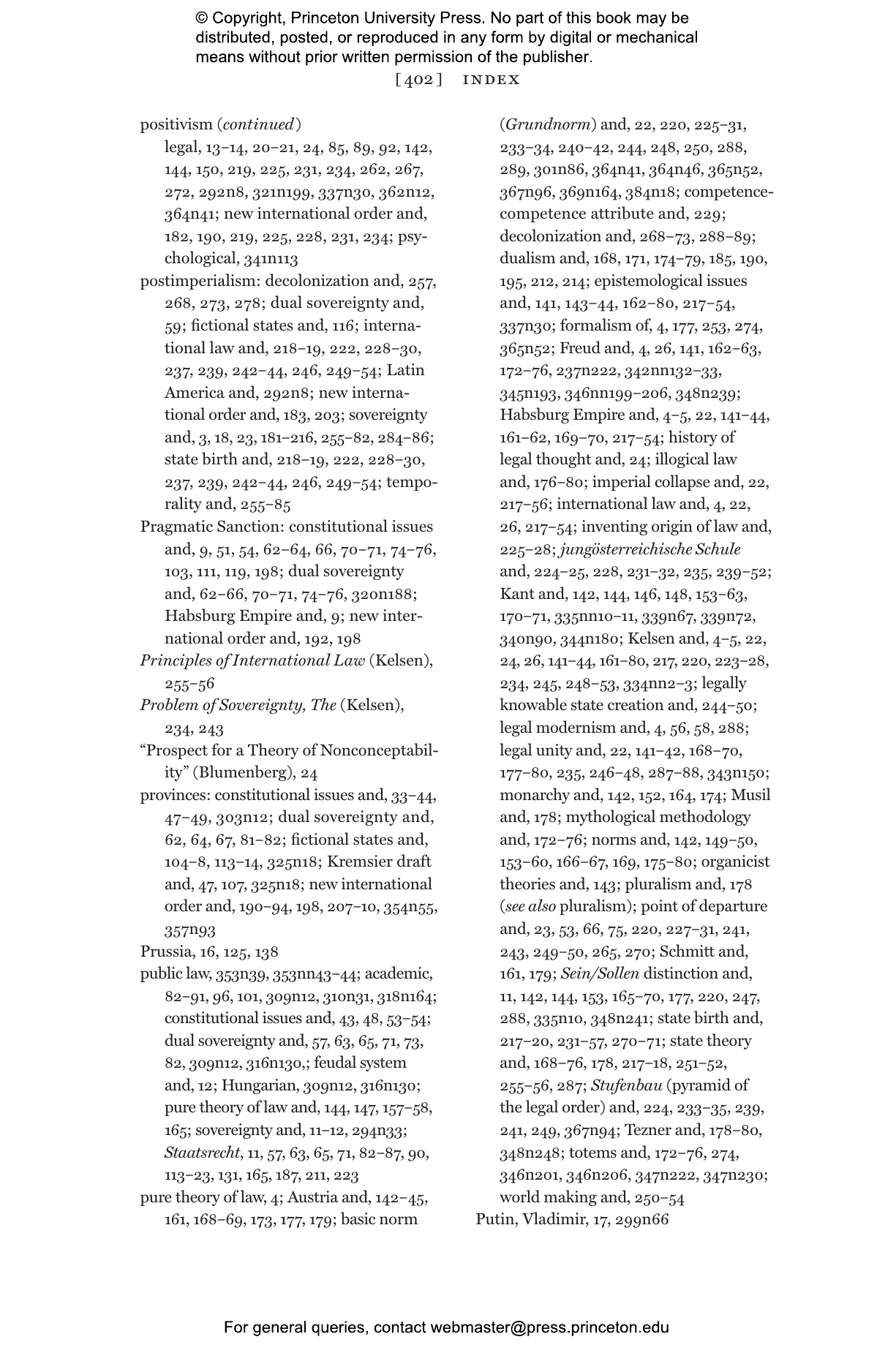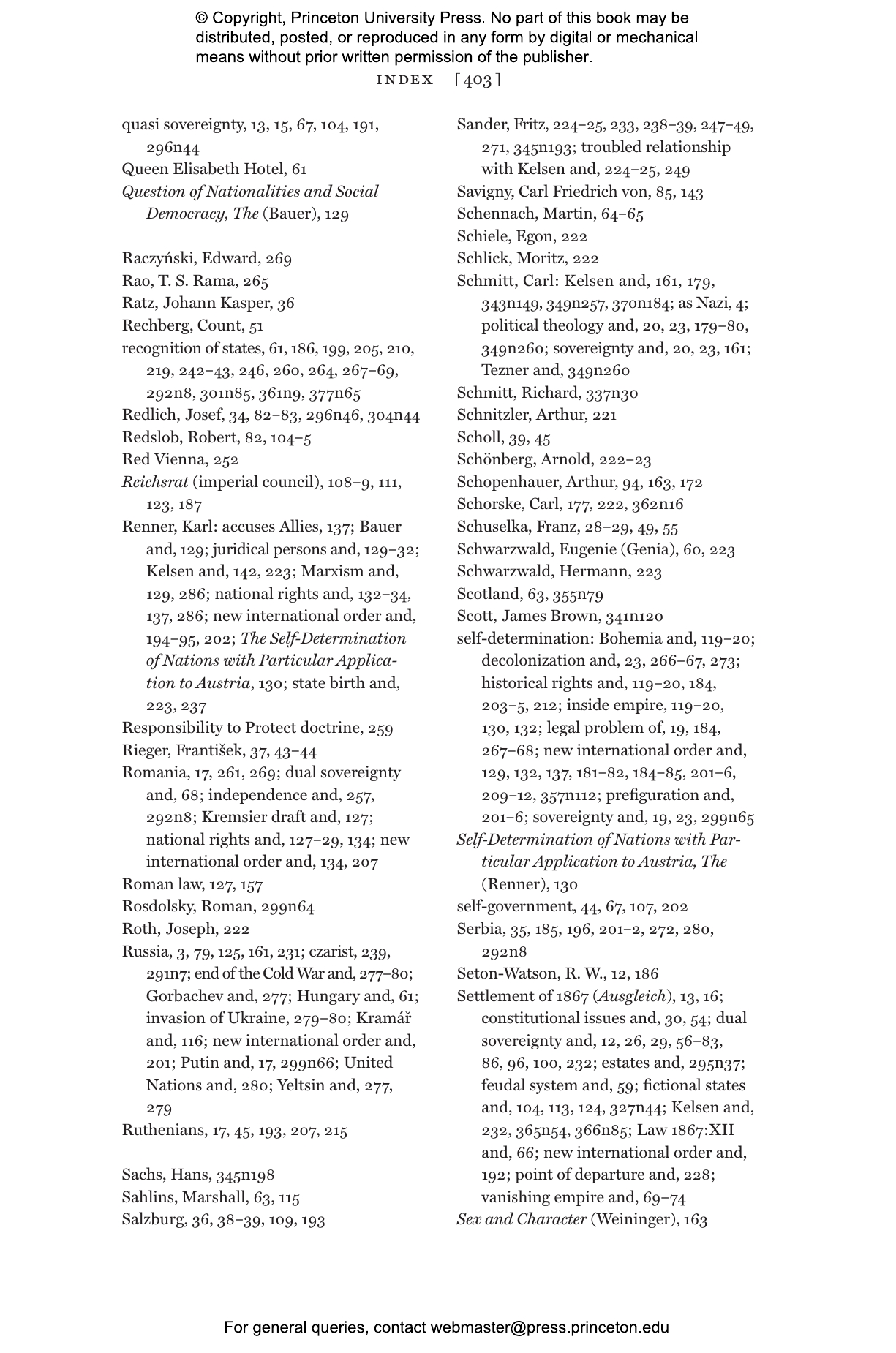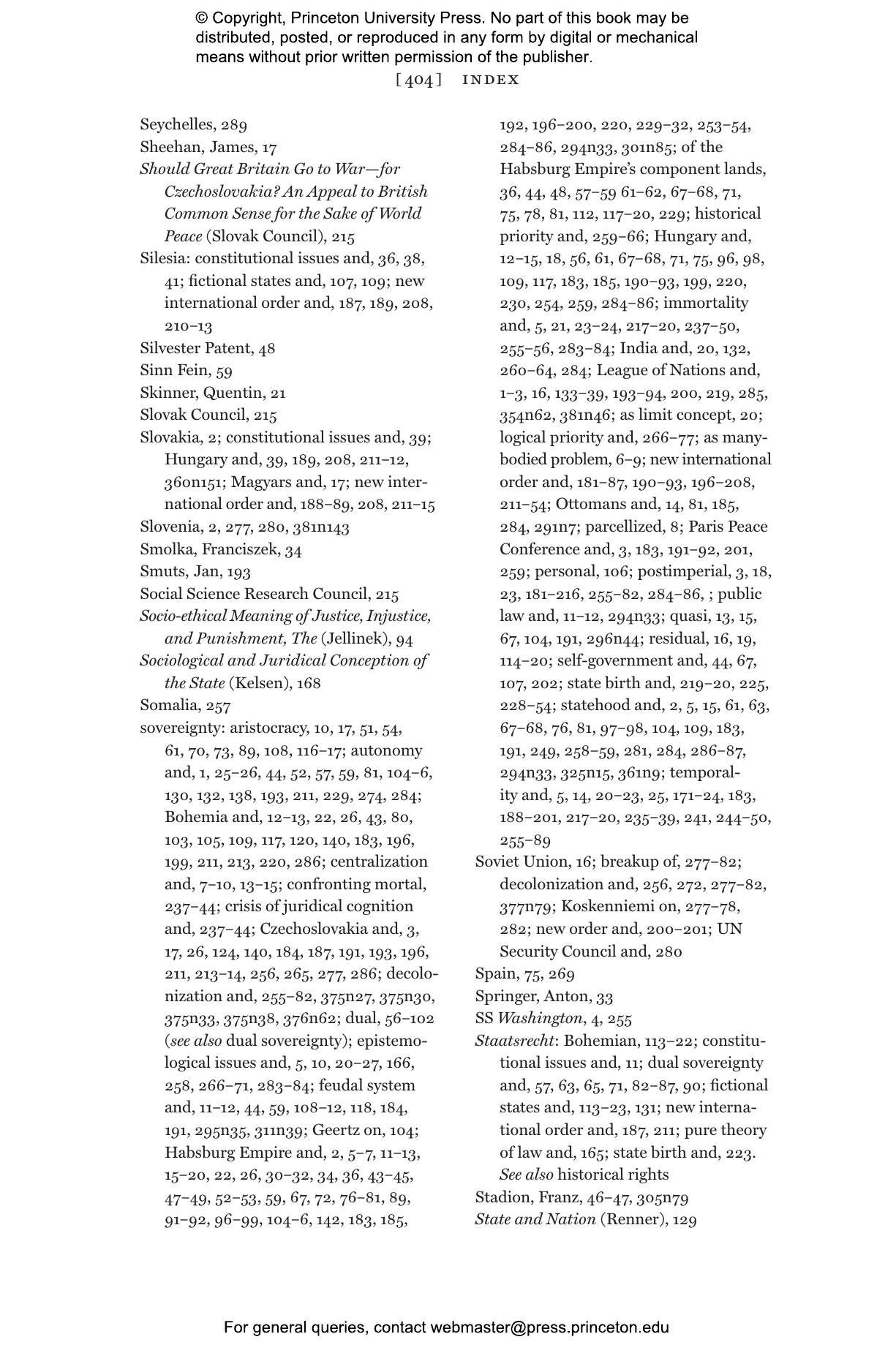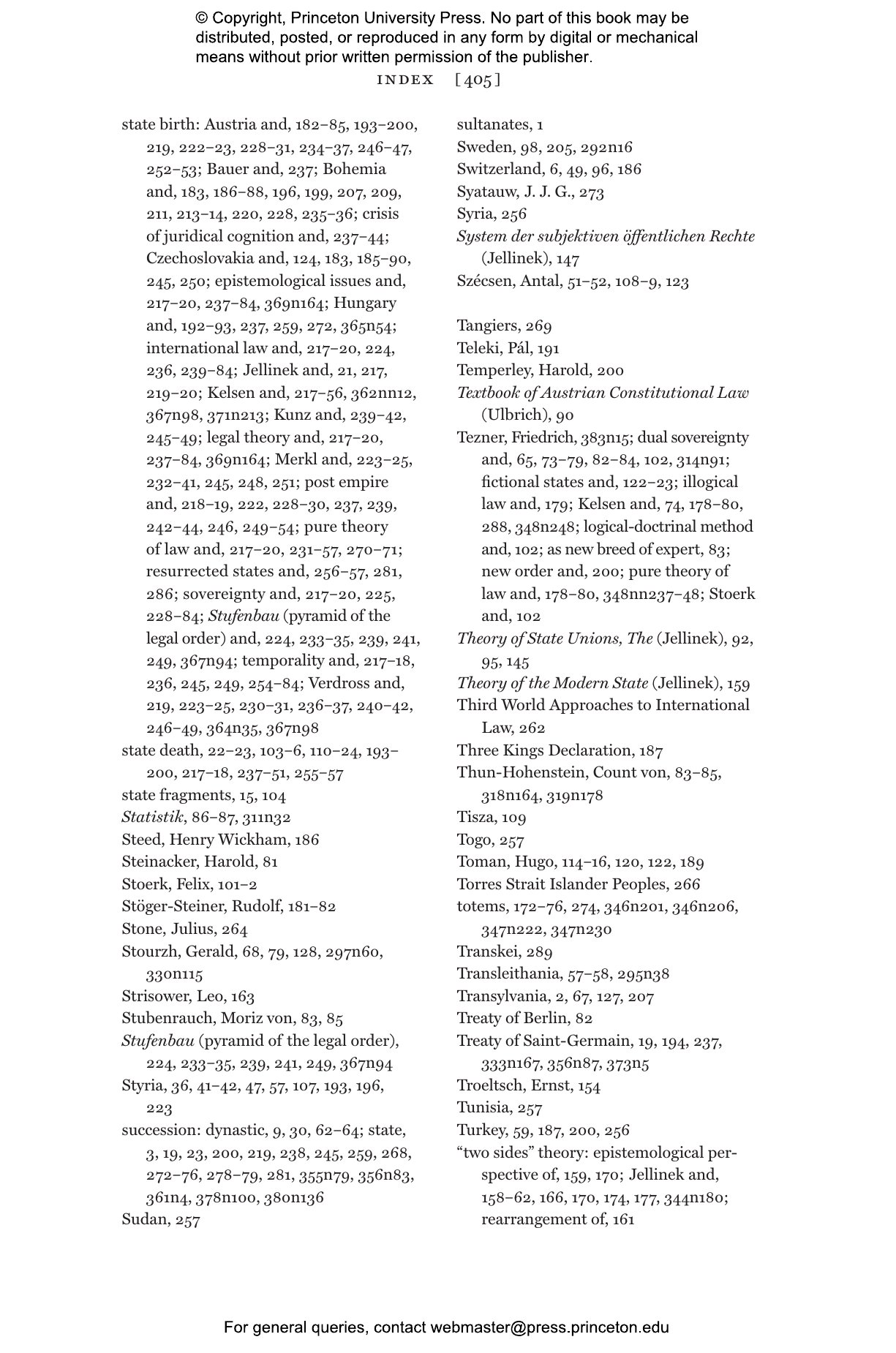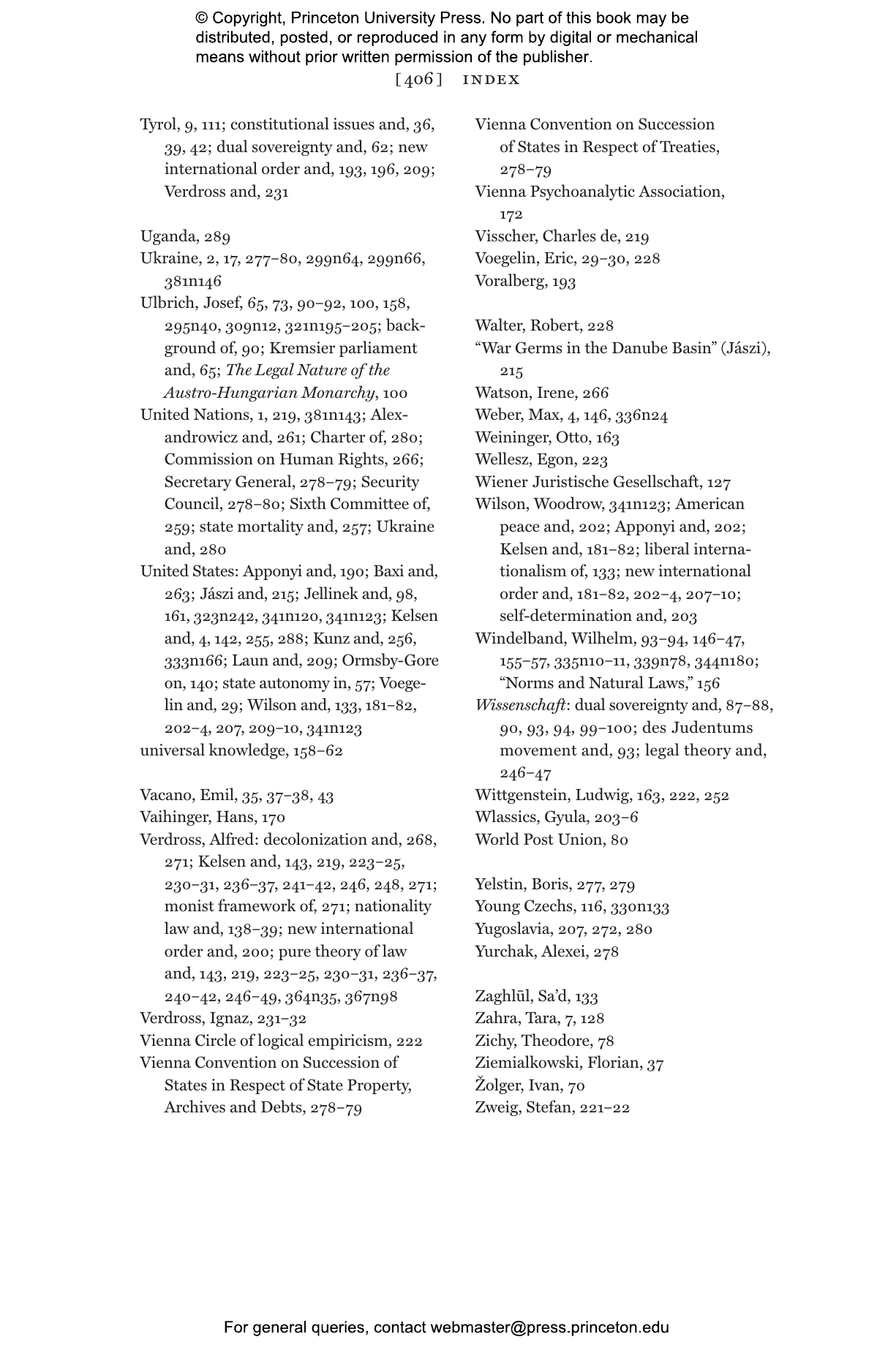Sprawled across the heartlands of Europe, the Habsburg Empire resisted all the standard theories of singular sovereignty. The 1848 revolutions sparked decades of heady constitutional experimentation that pushed the very concept of “the state” to its limits. This intricate multinational polity became a hothouse for public law and legal philosophy and spawned ideas that still shape our understanding of the sovereign state today. The Life and Death of States traces the history of sovereignty over one hundred tumultuous years, explaining how a regime of nation-states theoretically equal under international law emerged from the ashes of a dynastic empire.
Natasha Wheatley shows how a new sort of experimentation began when the First World War brought the Habsburg Empire crashing down: the making of new states. Habsburg lands then became a laboratory for postimperial sovereignty and a new international order, and the results would echo through global debates about decolonization for decades to come. Wheatley explores how the Central European experience opens a unique perspective on a pivotal legal fiction—the supposed juridical immortality of states.
A sweeping work of intellectual history, The Life and Death of States offers a penetrating and original analysis of the relationship between sovereignty and time, illustrating how the many deaths and precarious lives of the region’s states expose the tension between the law’s need for continuity and history’s volatility.
Awards and Recognition
- A New Statesman Book of the Year
"A really fascinating read."—Justin Kempf, Democracy Paradox
"A valuable contribution to the extensive, and growing, historiography concerning the origins of the modern state. While others have concentrated on non-Western or Western European countries to reach their conclusions about the evolution of modern politics, Wheatley’s case study breaks new ground in its analysis of an especially difficult case, the Austrian Empire after the Austro-Hungarian Compromise of 1867."—Choice
"A richly rewarding book. . . . Wheatley gracefully unpacks the complicated constitutional issues faced by inhabitants of the Habsburg monarchy."—History Today
"Monumental. . . . Wheatley’s narrative recovers a world where international law was not a dead letter but a blueprint for a multinational and pluralistic world."—Yosef Malka, BR!NK
"[A]n impressive and extremely ambitious narrative of the constitutional vicissitudes of a post-1848 Habsburg Empire."—Carl Landauer, Journal of the History of International Law
"[The Life and Death of States] combines several aspects excellently, including primary source analysis and the reinterpretation of secondary sources, legal debates and political disputes. . . . Wheatley’s insightful underlining of the importance of socio-political crises for debates on the ontology and epistemology of statehood is a powerful reminder of the historically specific origins of the modern international order of states are in fact quite recent."—Lauri von Pfaler, International Affairs
“Wheatley invites us to rethink the way political history should be written by taking seriously the legal language in which different protagonists dress their political claims. This powerful and exceptionally erudite book opens an altogether fresh view on the formation of the present global order and also makes very good reading.”—Martti Koskenniemi, fellow of the British Academy and professor emeritus at the University of Helsinki
“In this superb book, Natasha Wheatley investigates aspects of sovereignty that are rarely if ever touched upon: the beginnings and ends of states. By focusing on statehood rather than nationhood, Wheatley finally gives the Habsburg state its deeper importance in modern European and global history.”—Pieter M. Judson, author of The Habsburg Empire: A New History
“Wheatley’s deeply original and important book alters the way we understand the history of European states, sovereignty, and legal thought. A stunning achievement.”—Lauren Benton, Yale University, coauthor of Rage for Order: The British Empire and the Origins of International Law, 1800–1850
“This is an immensely rich work filled with arresting formulations, provocative hypotheses, and a wealth of primary and secondary scholarship. The Life and Death of States will be a paradigm-shifting book for those interested in the intellectual and conceptual history of modern legal and political thought.”—Duncan Kelly, University of Cambridge
